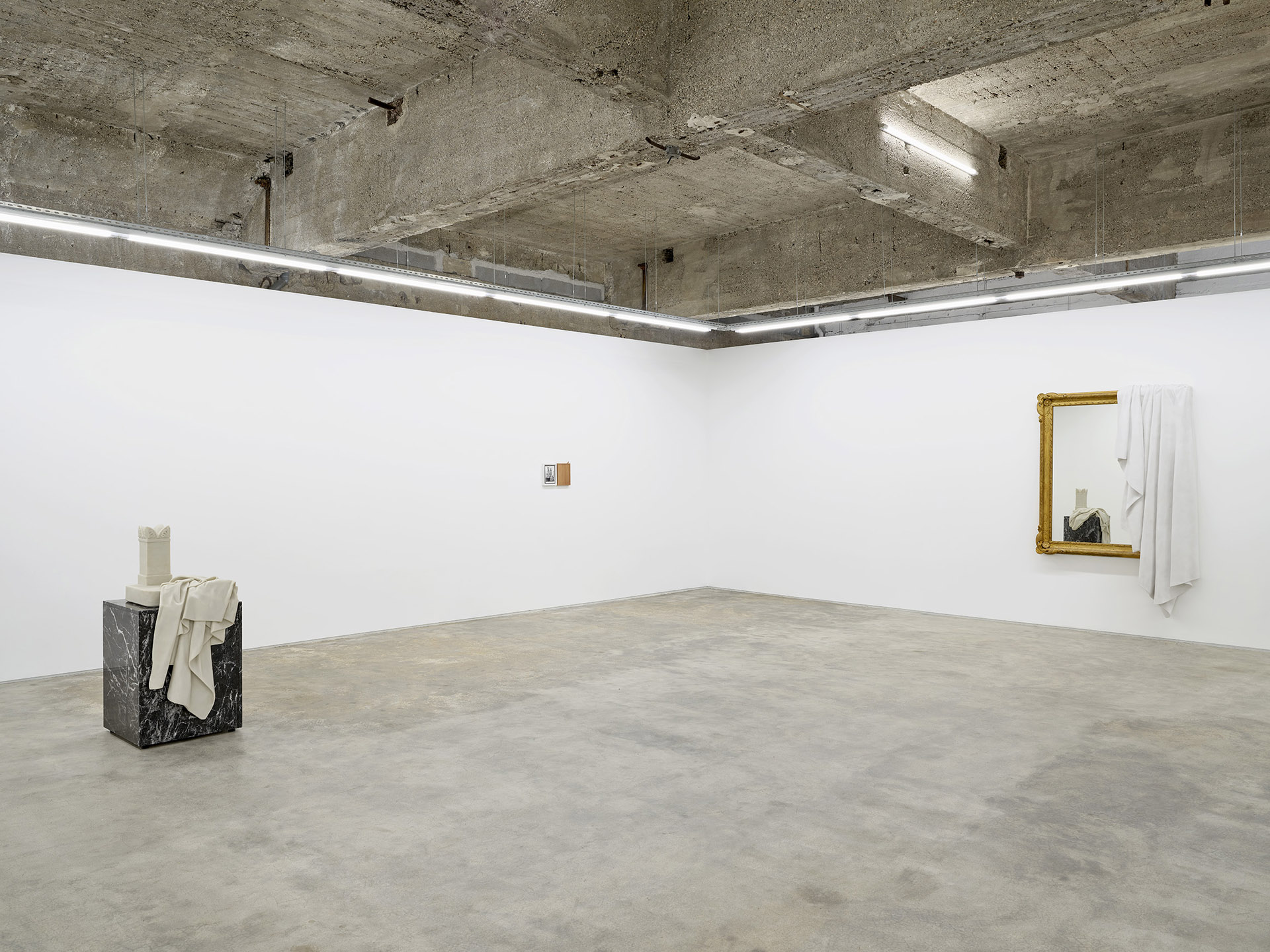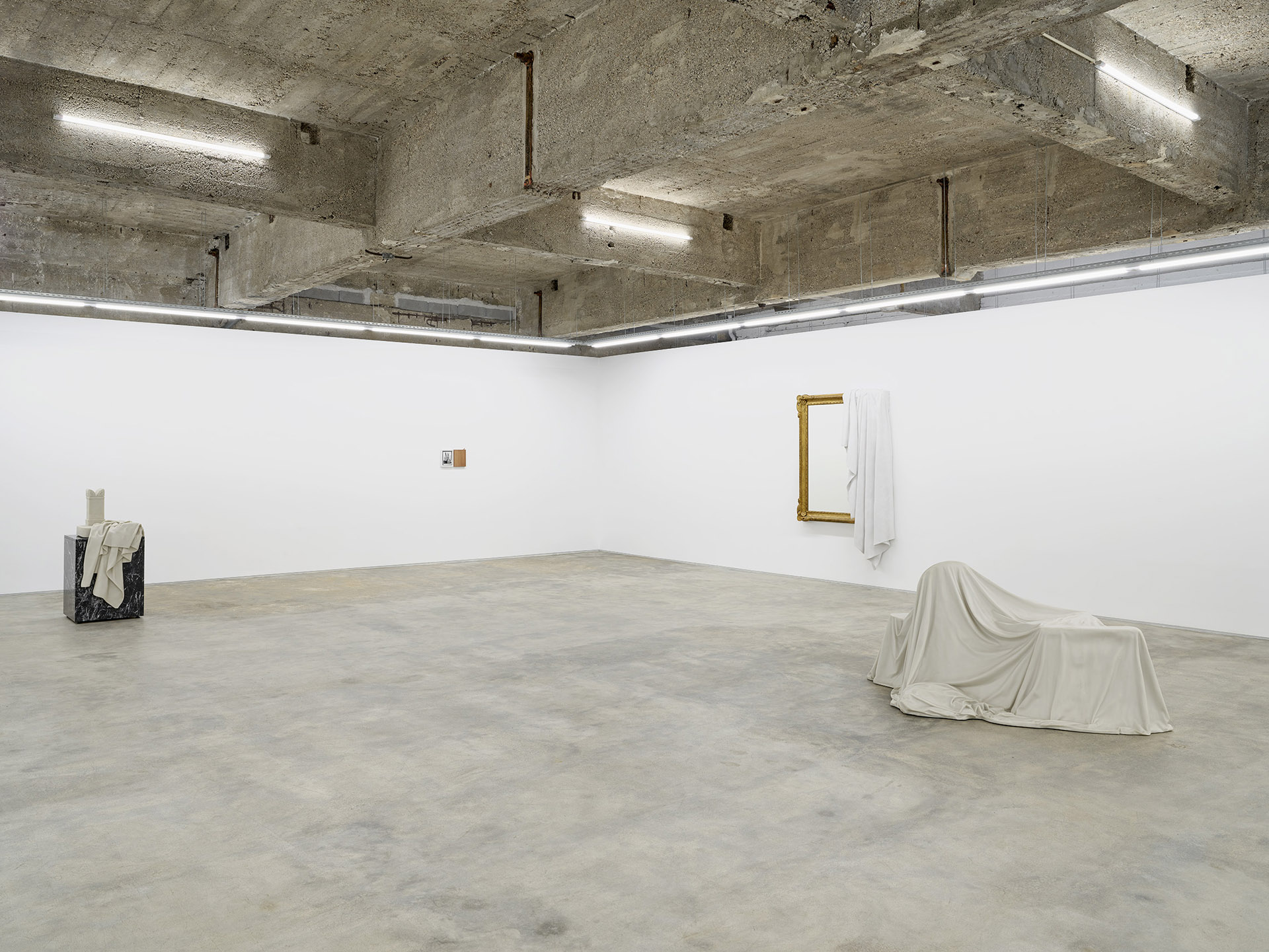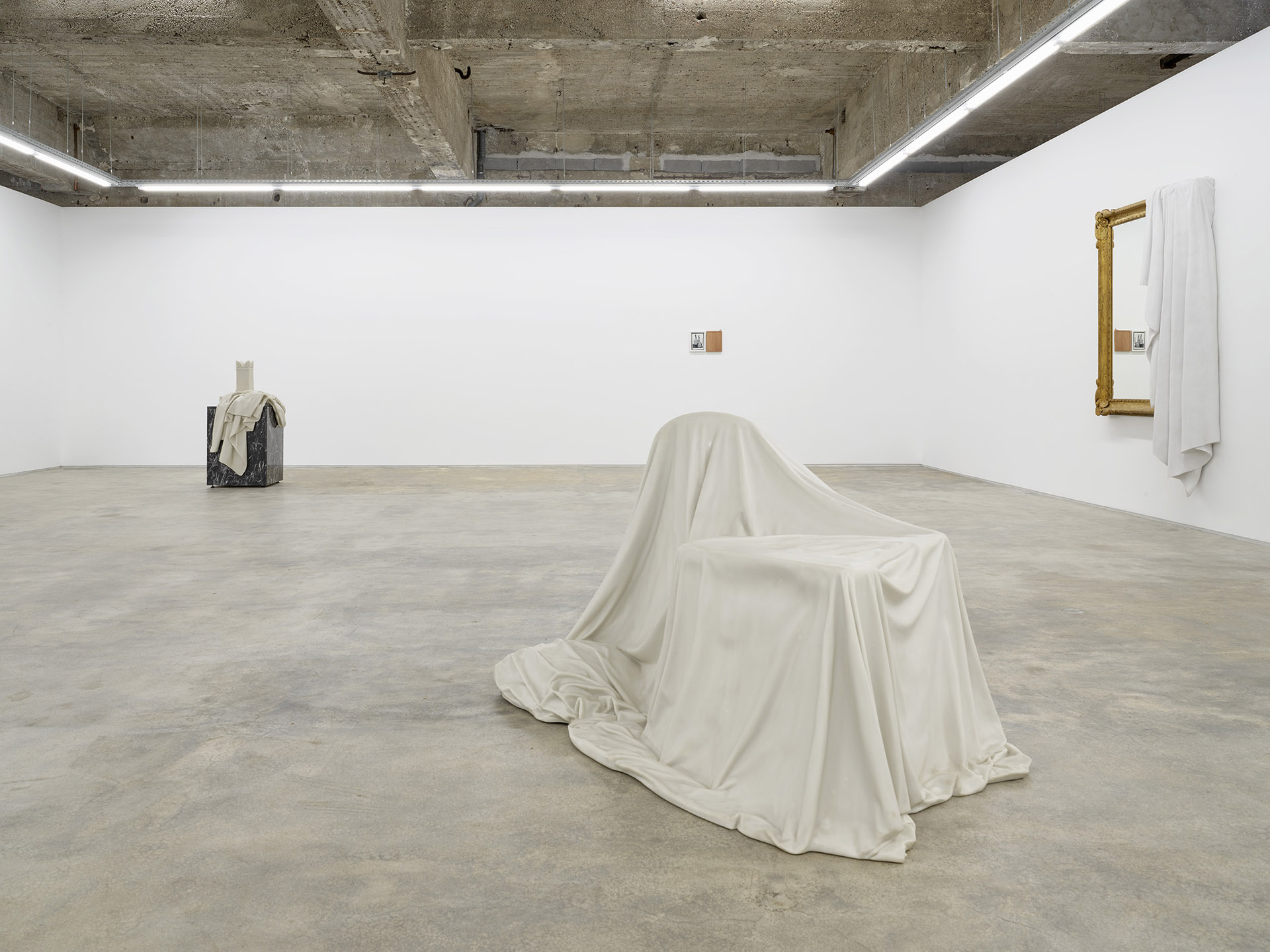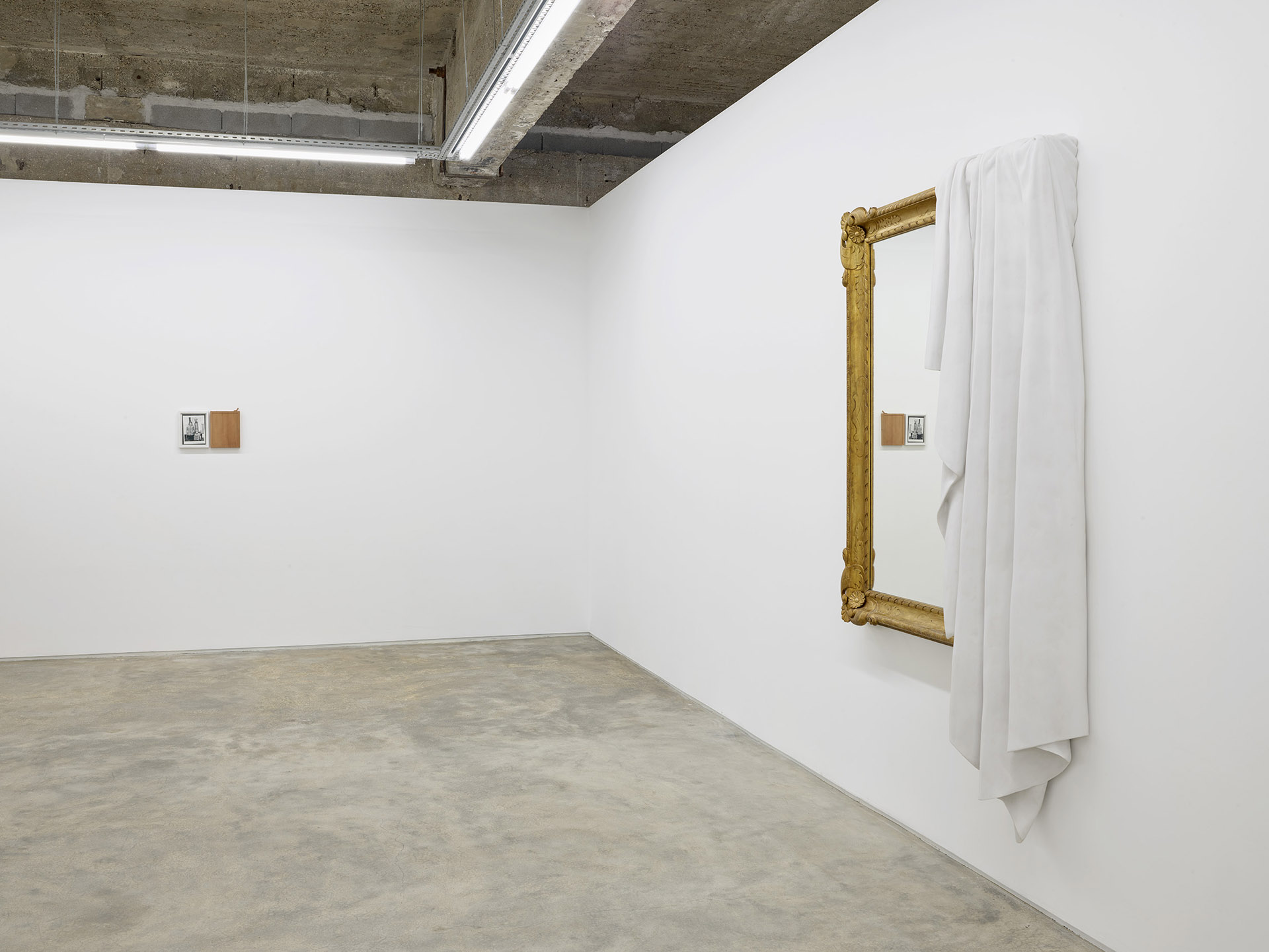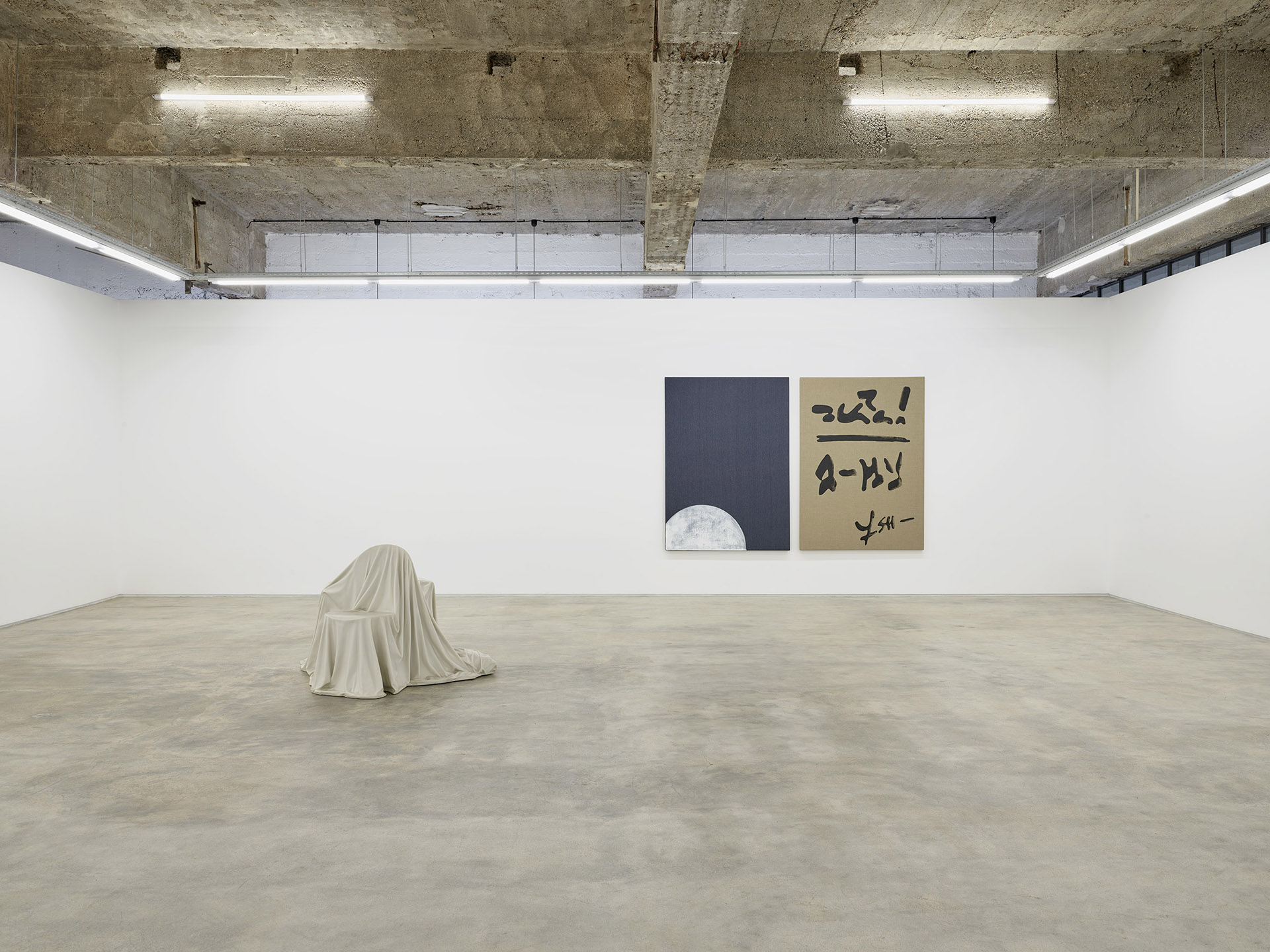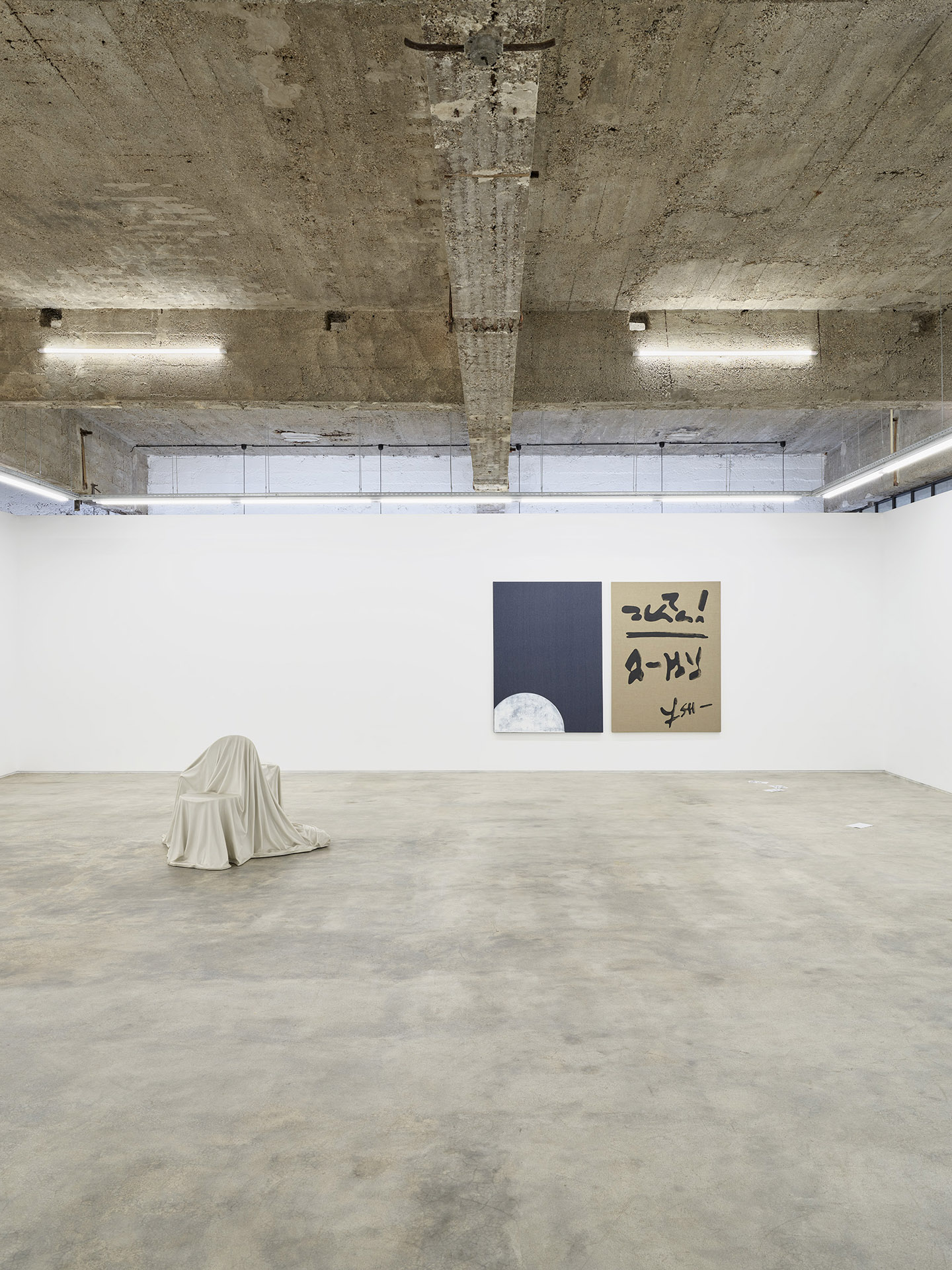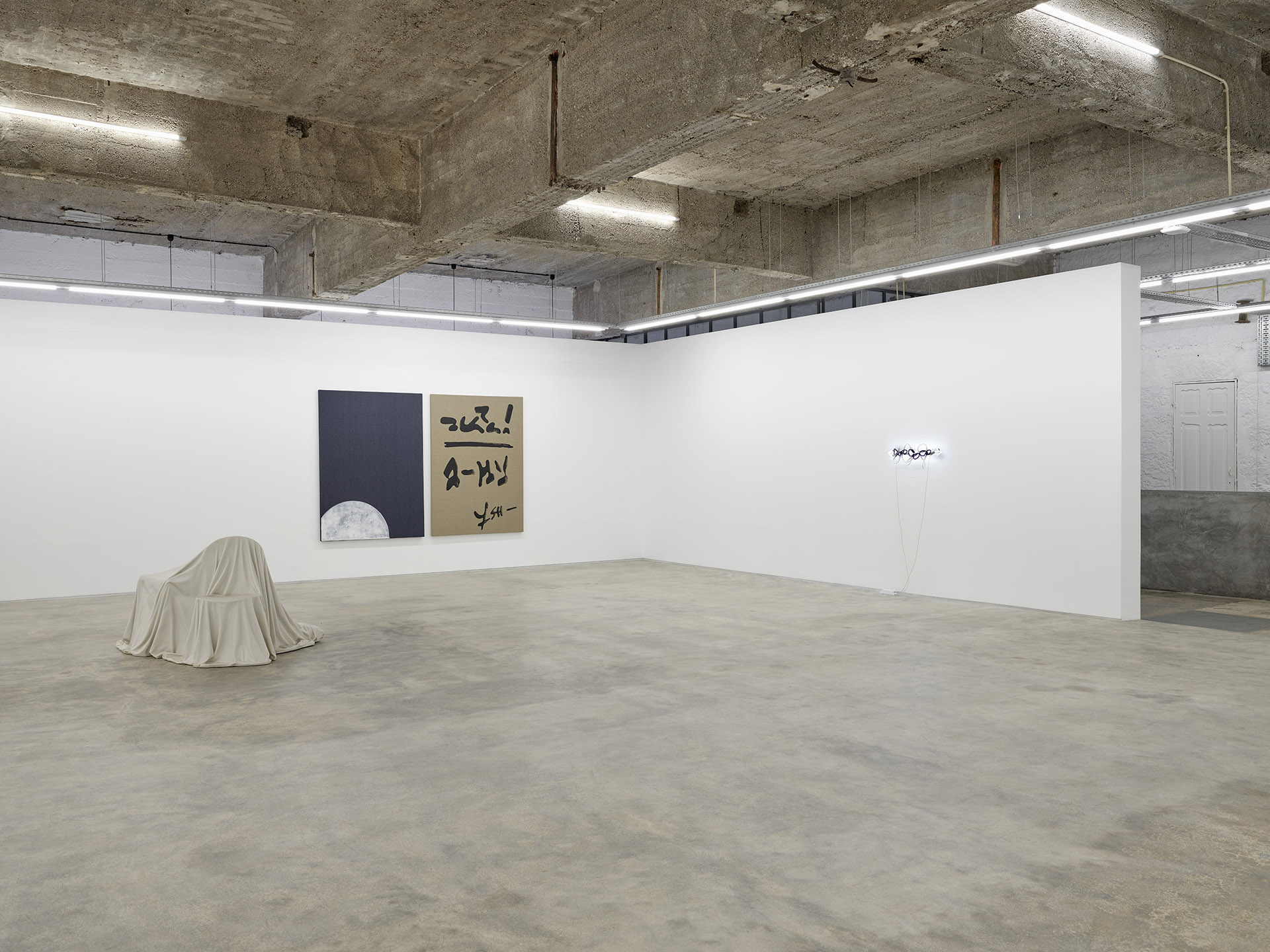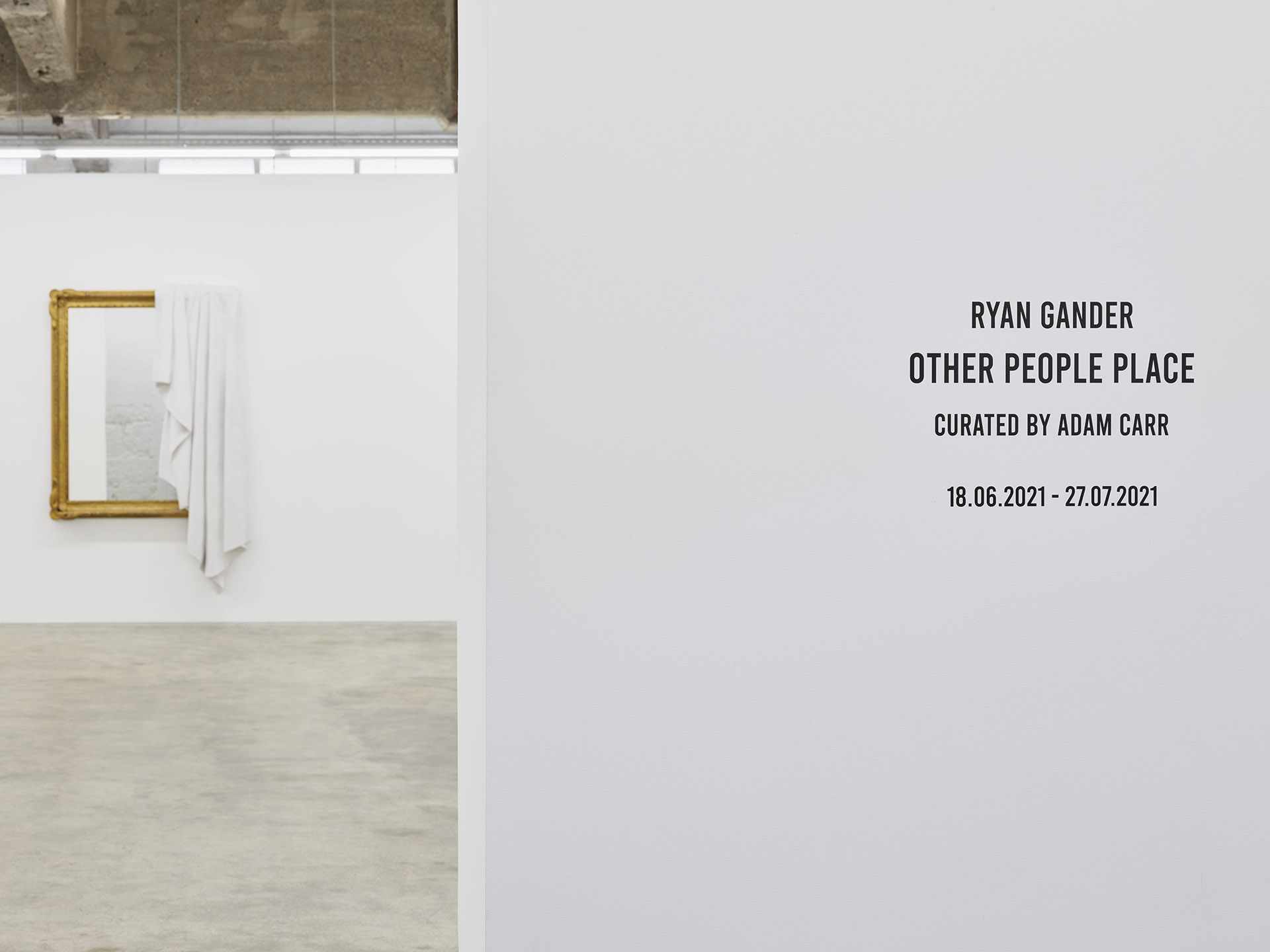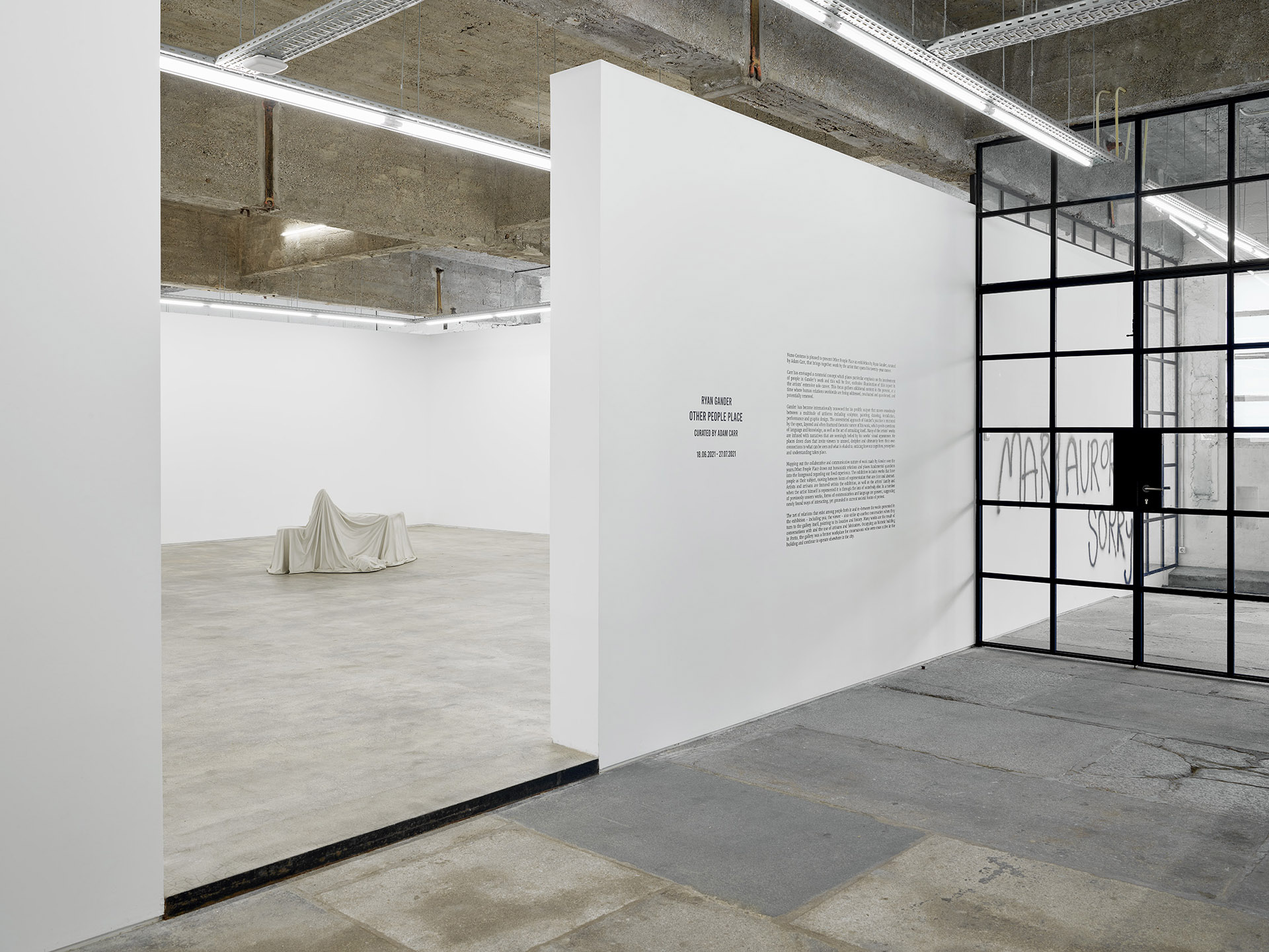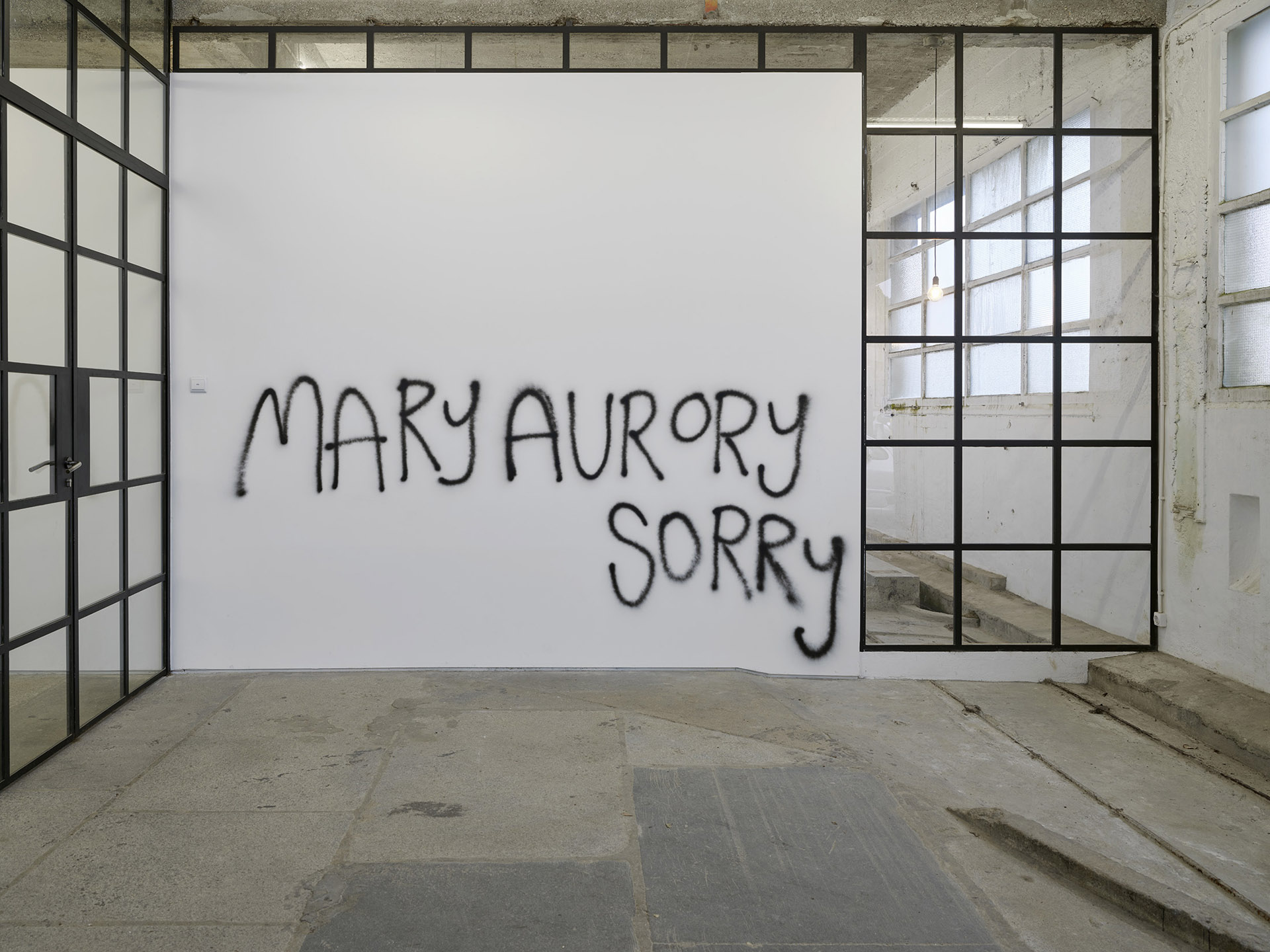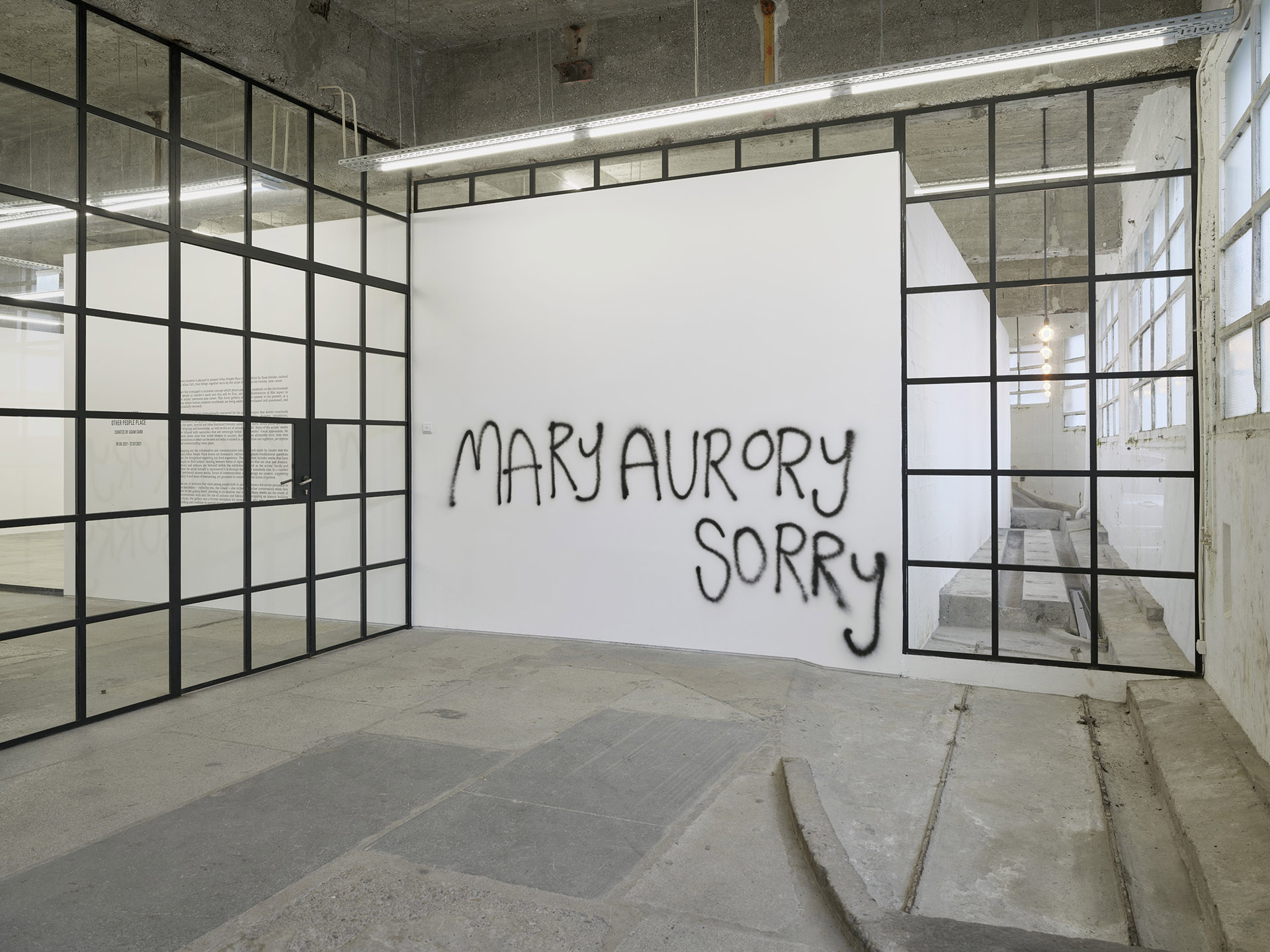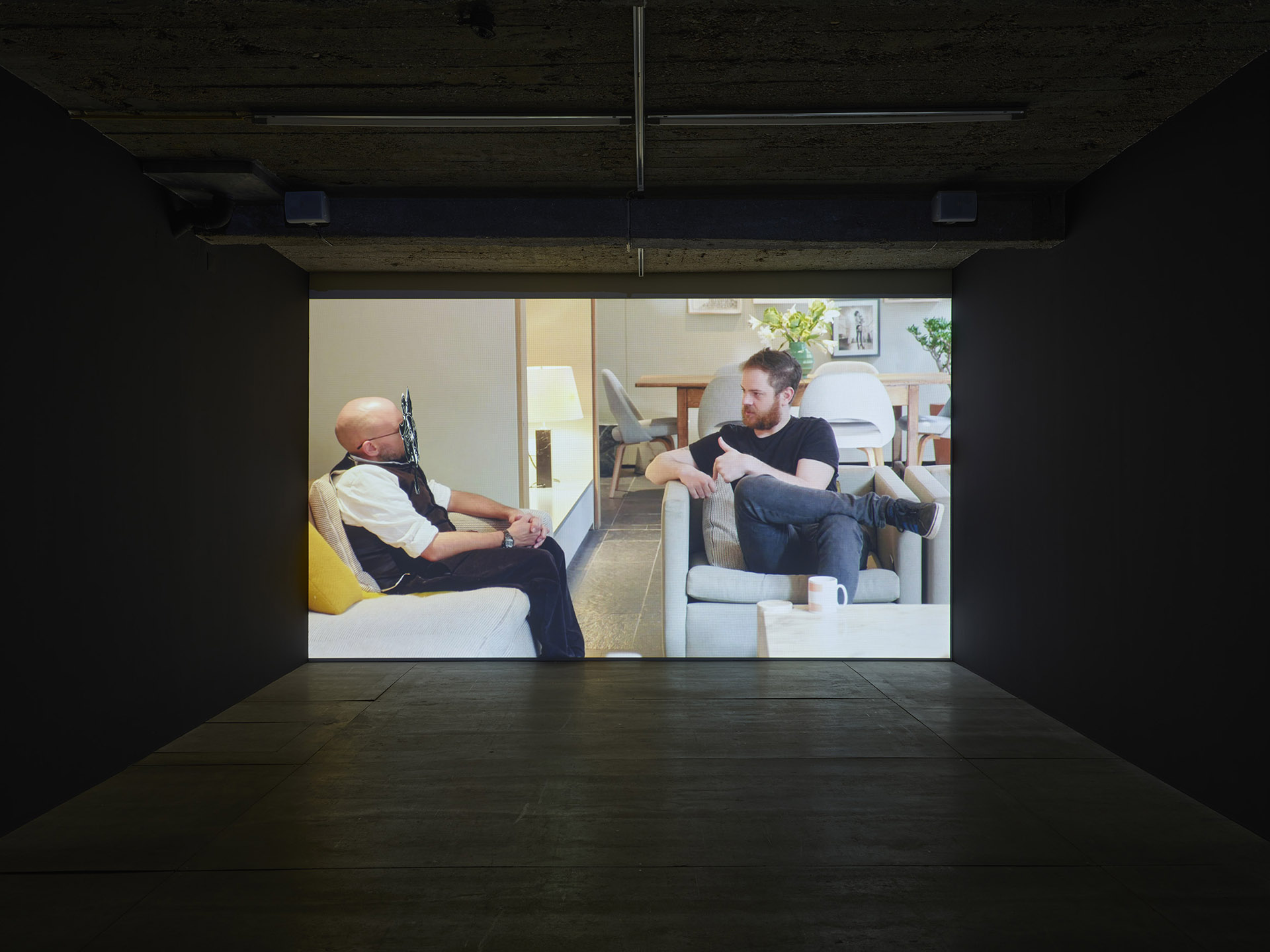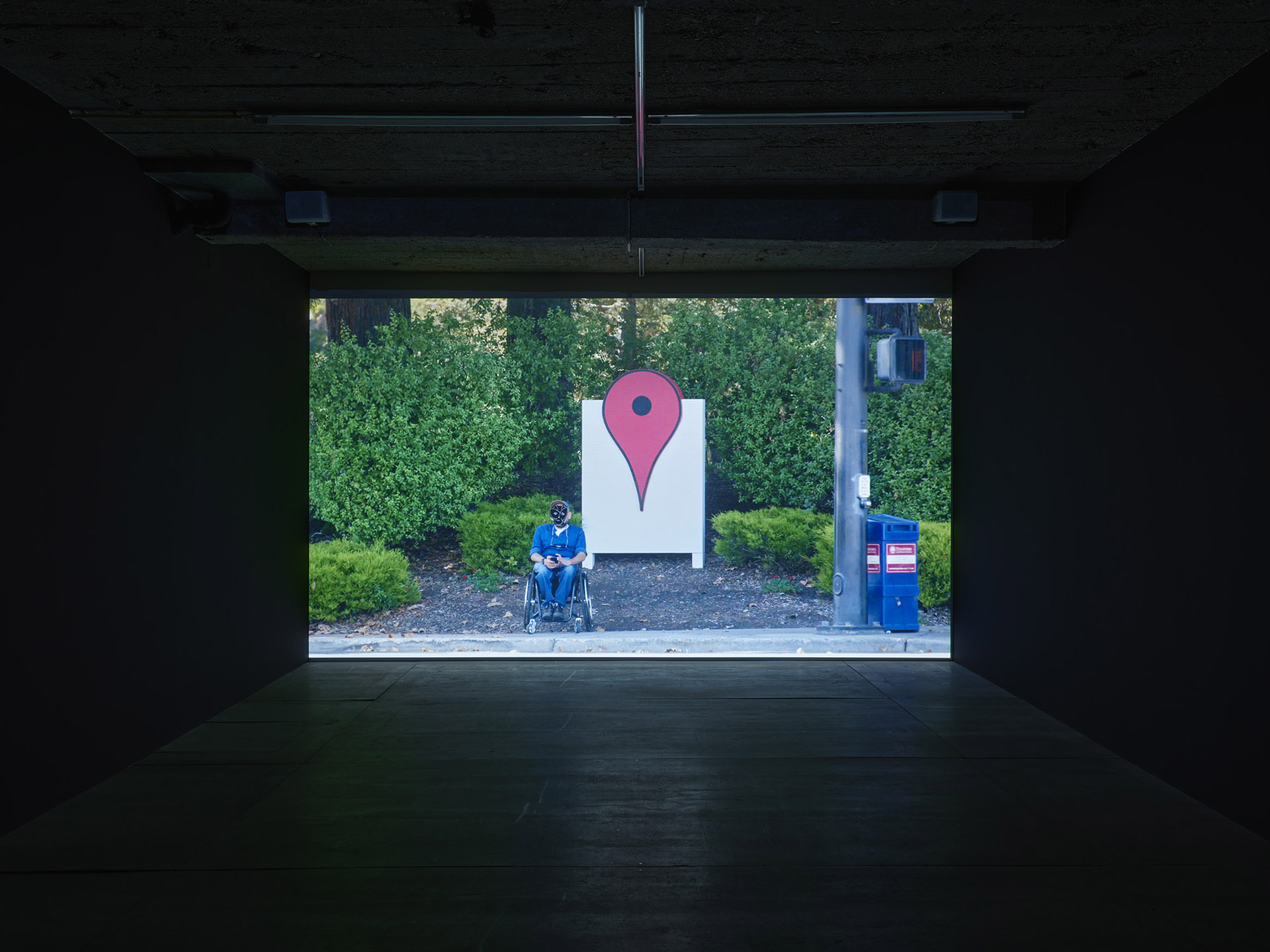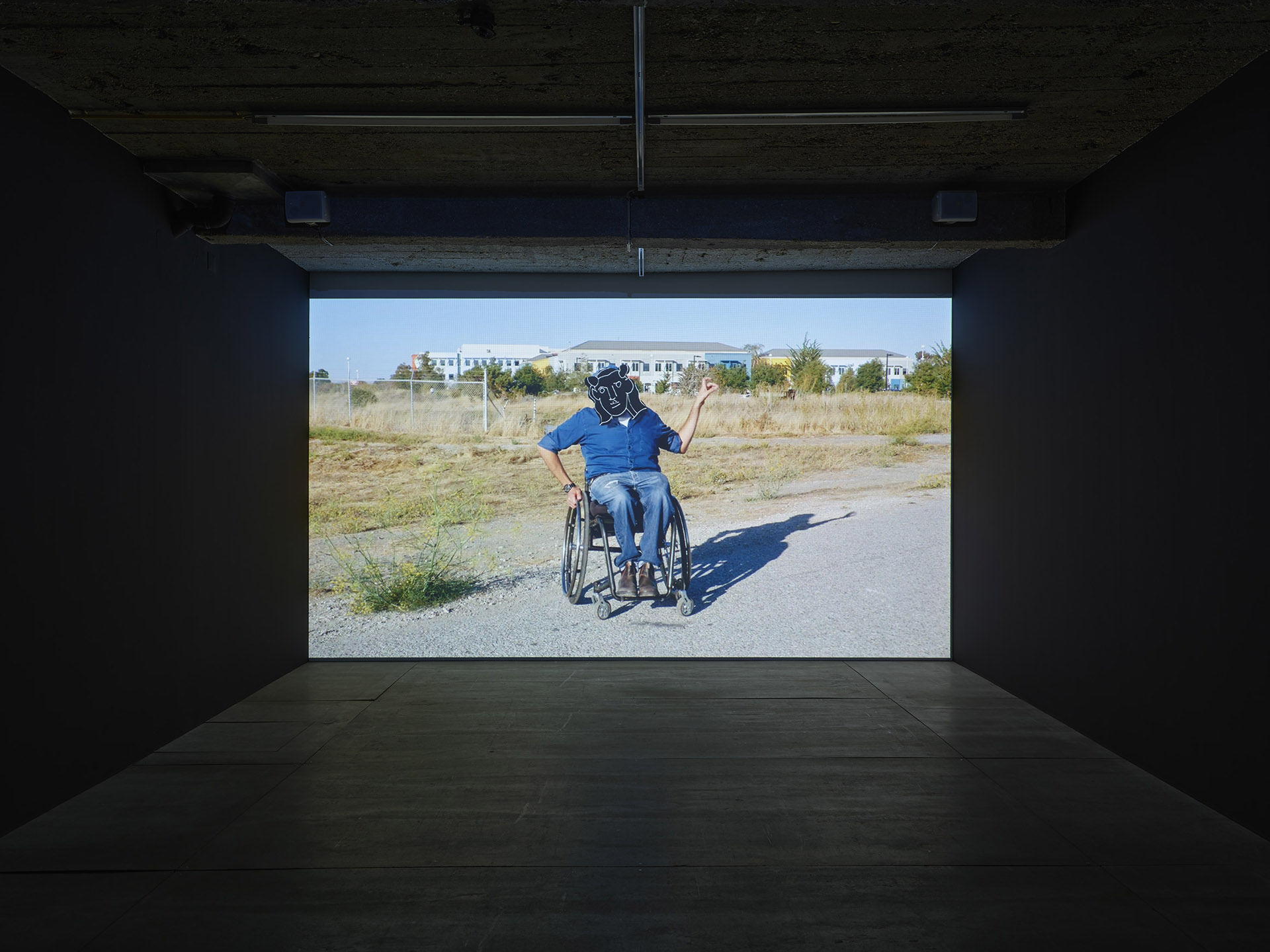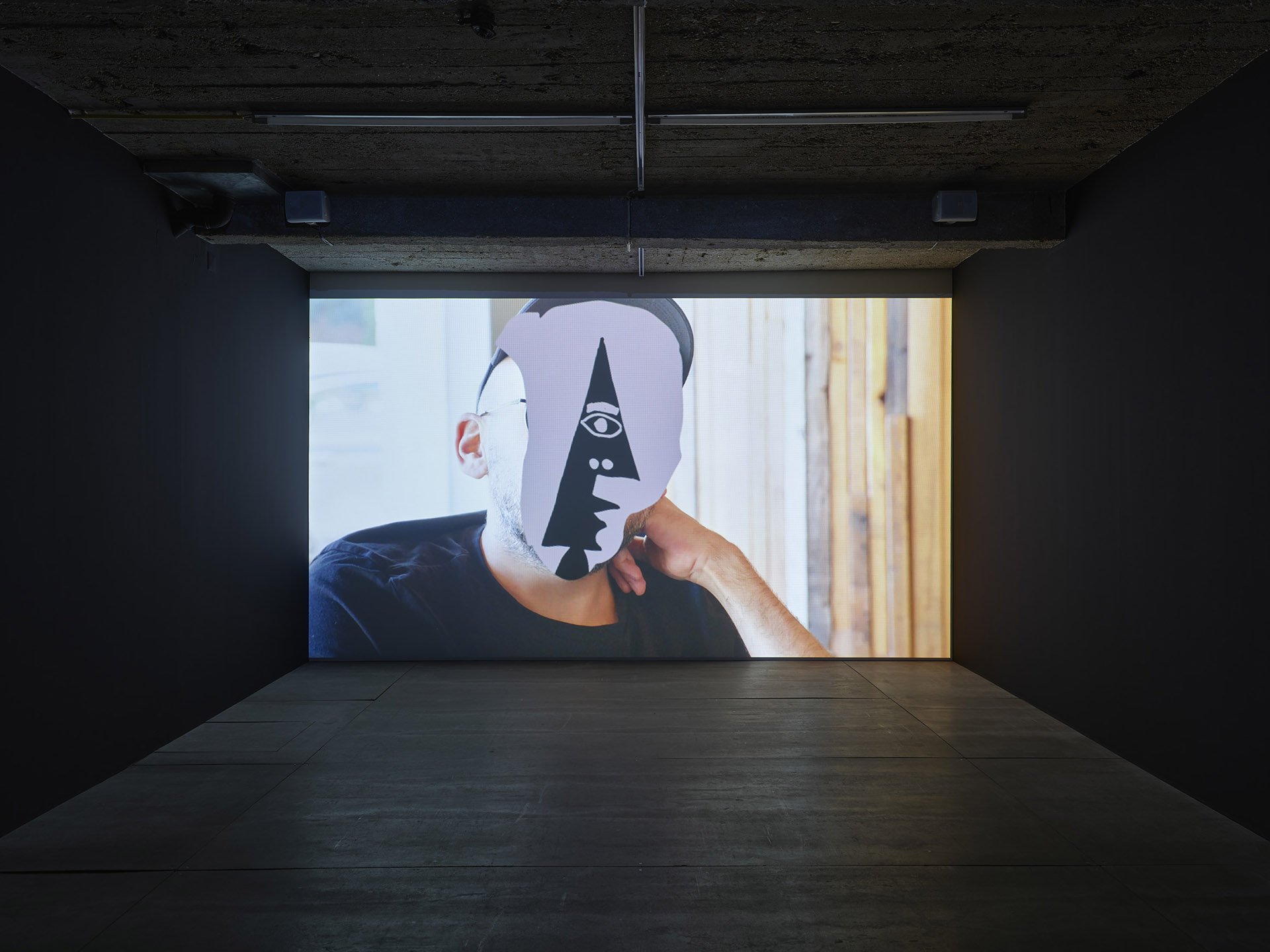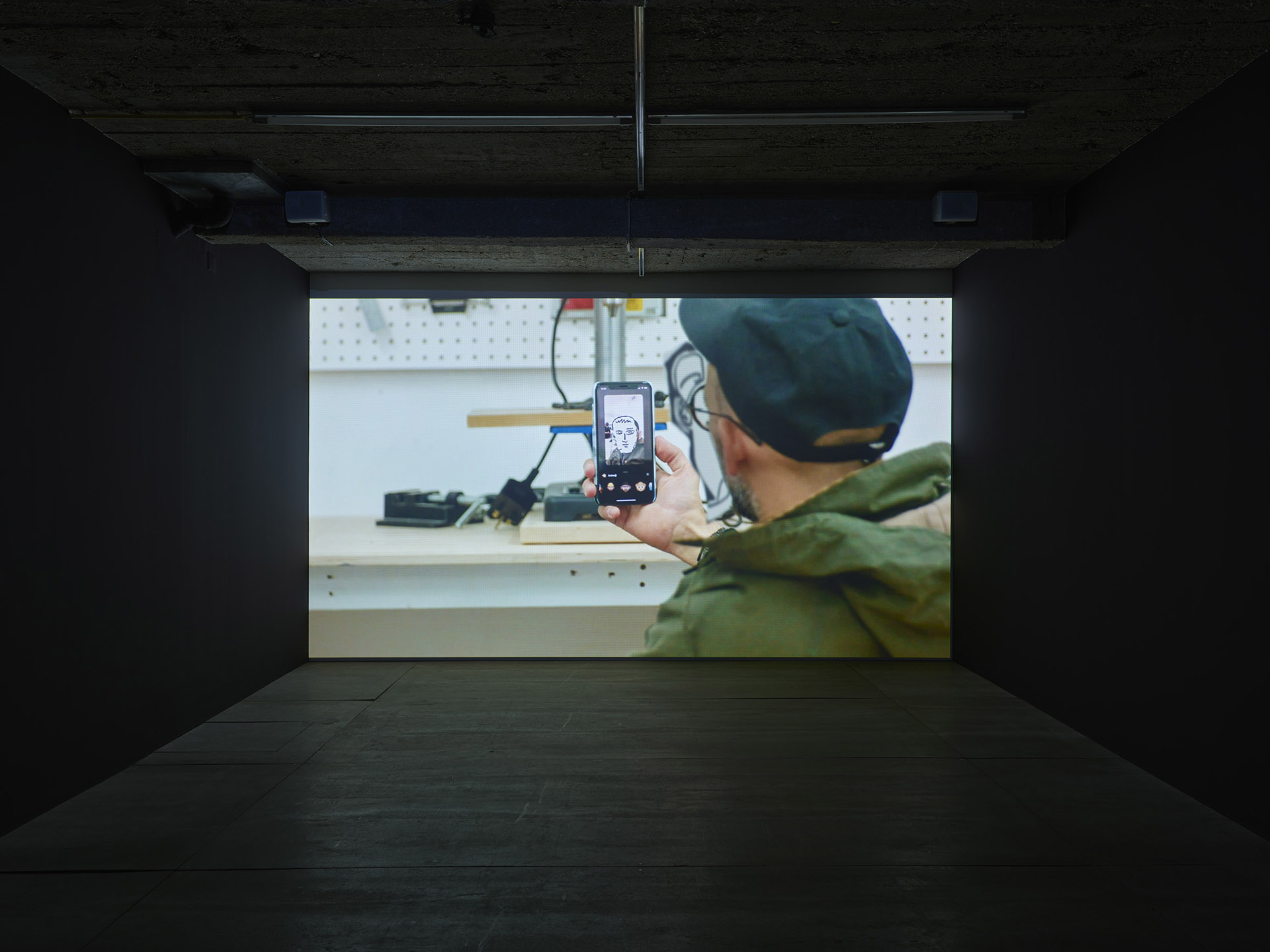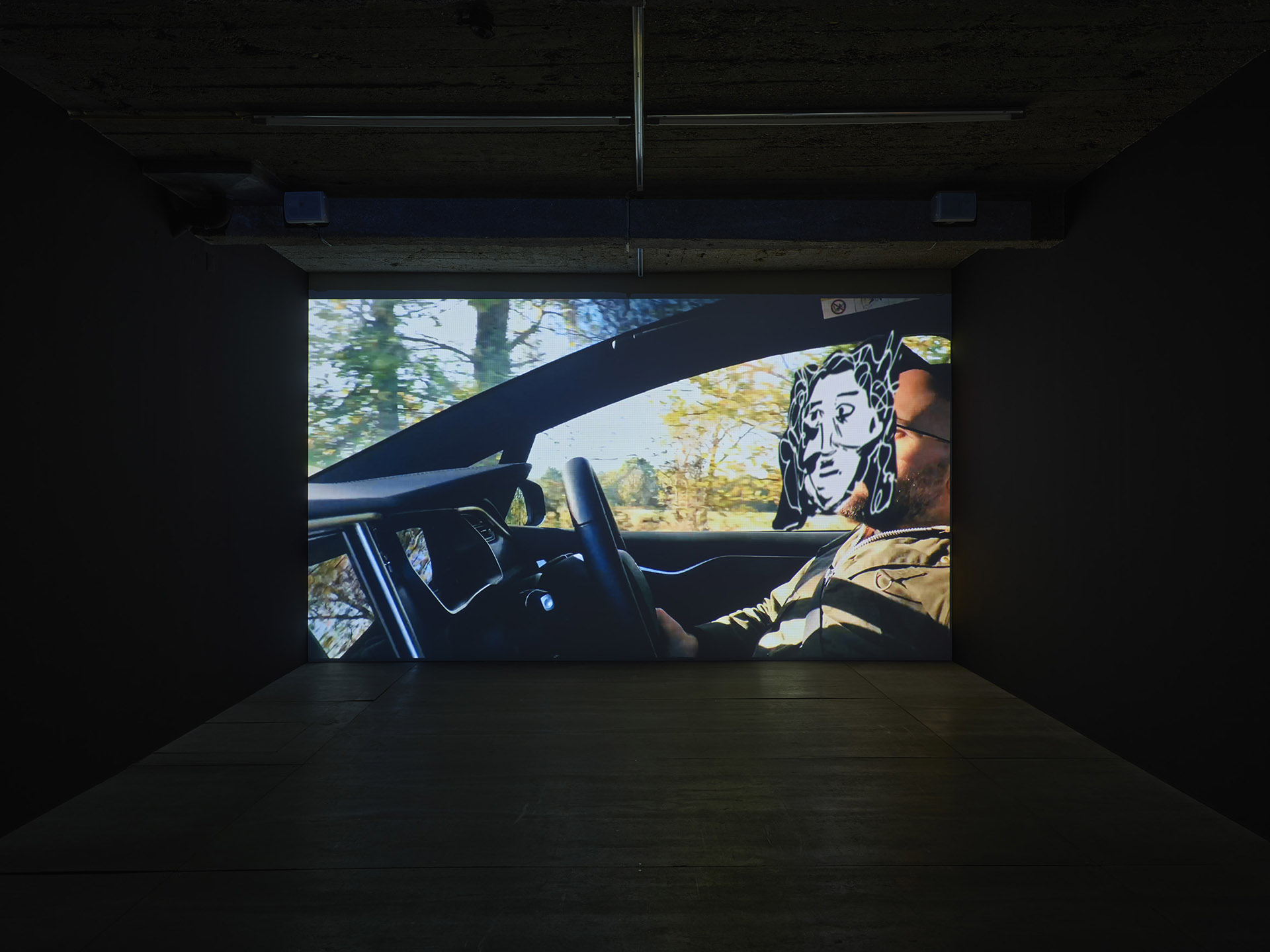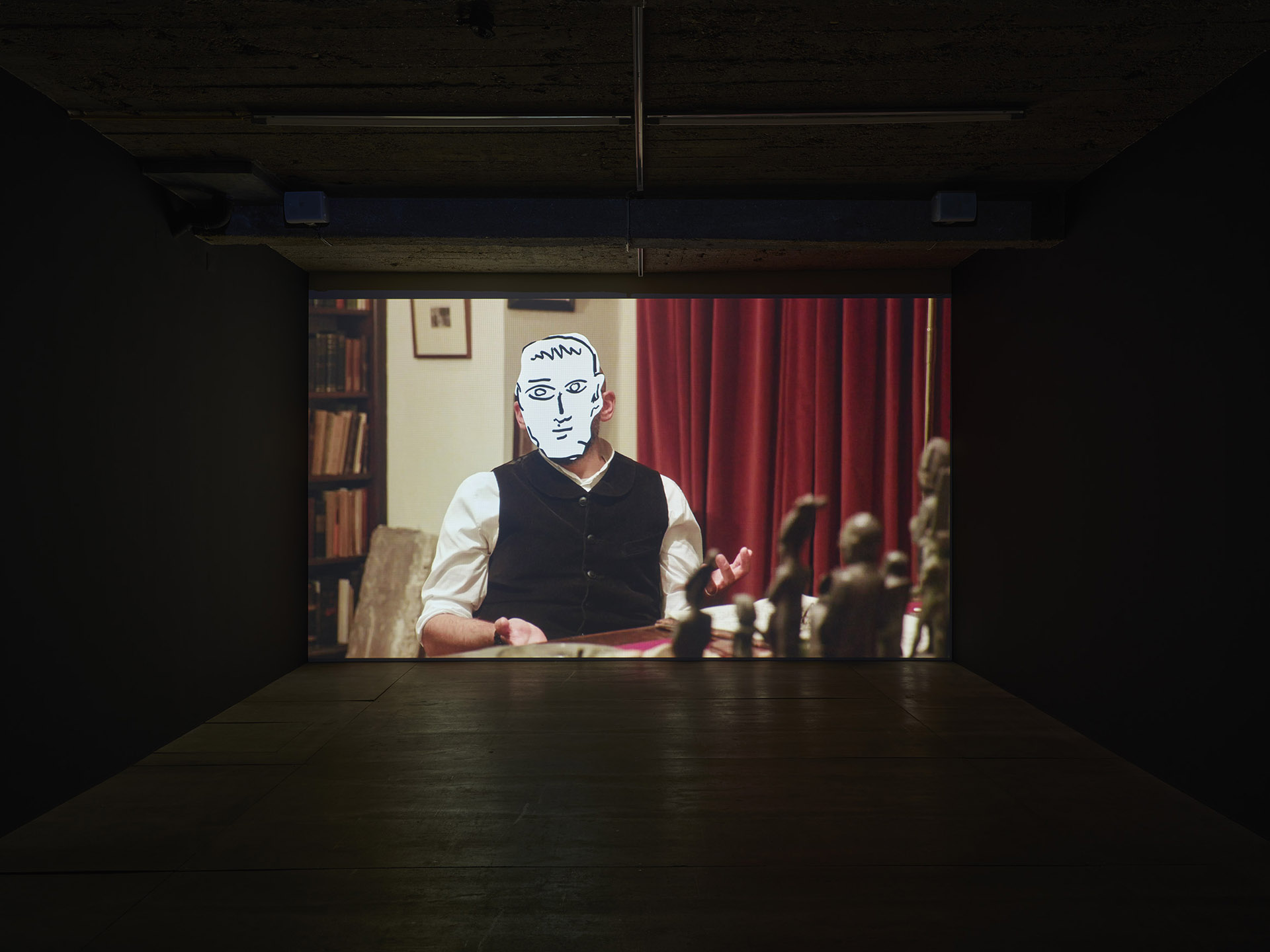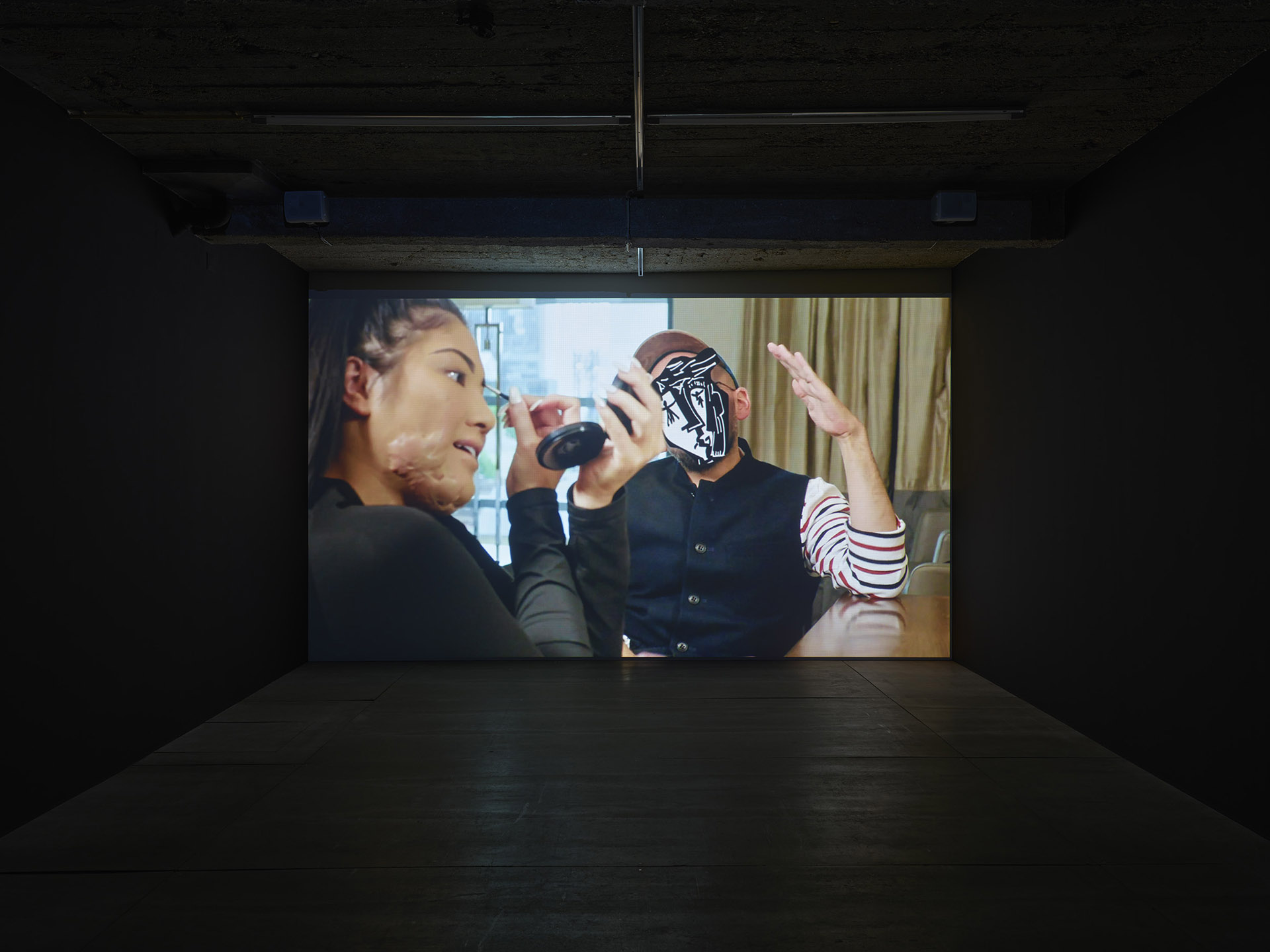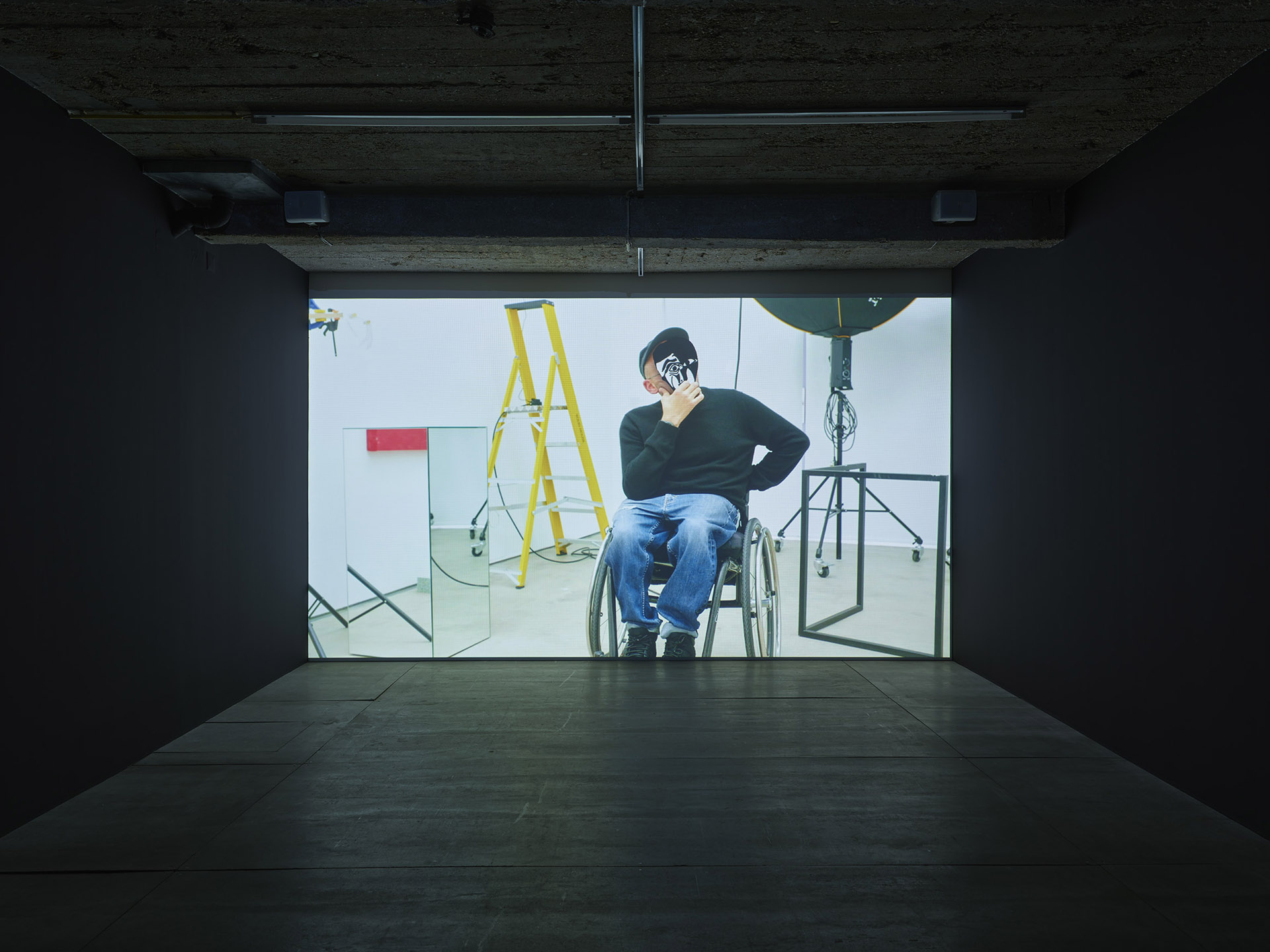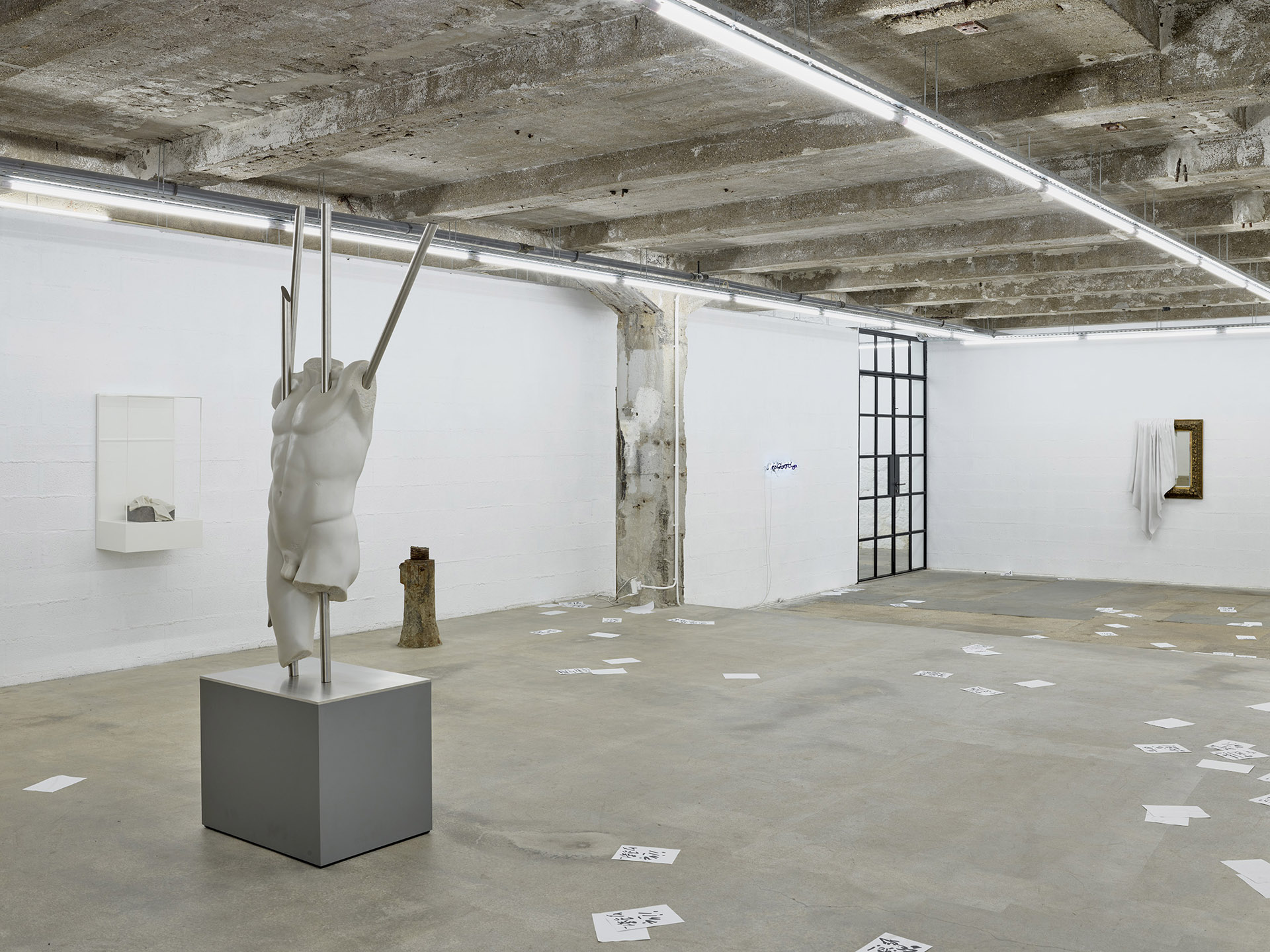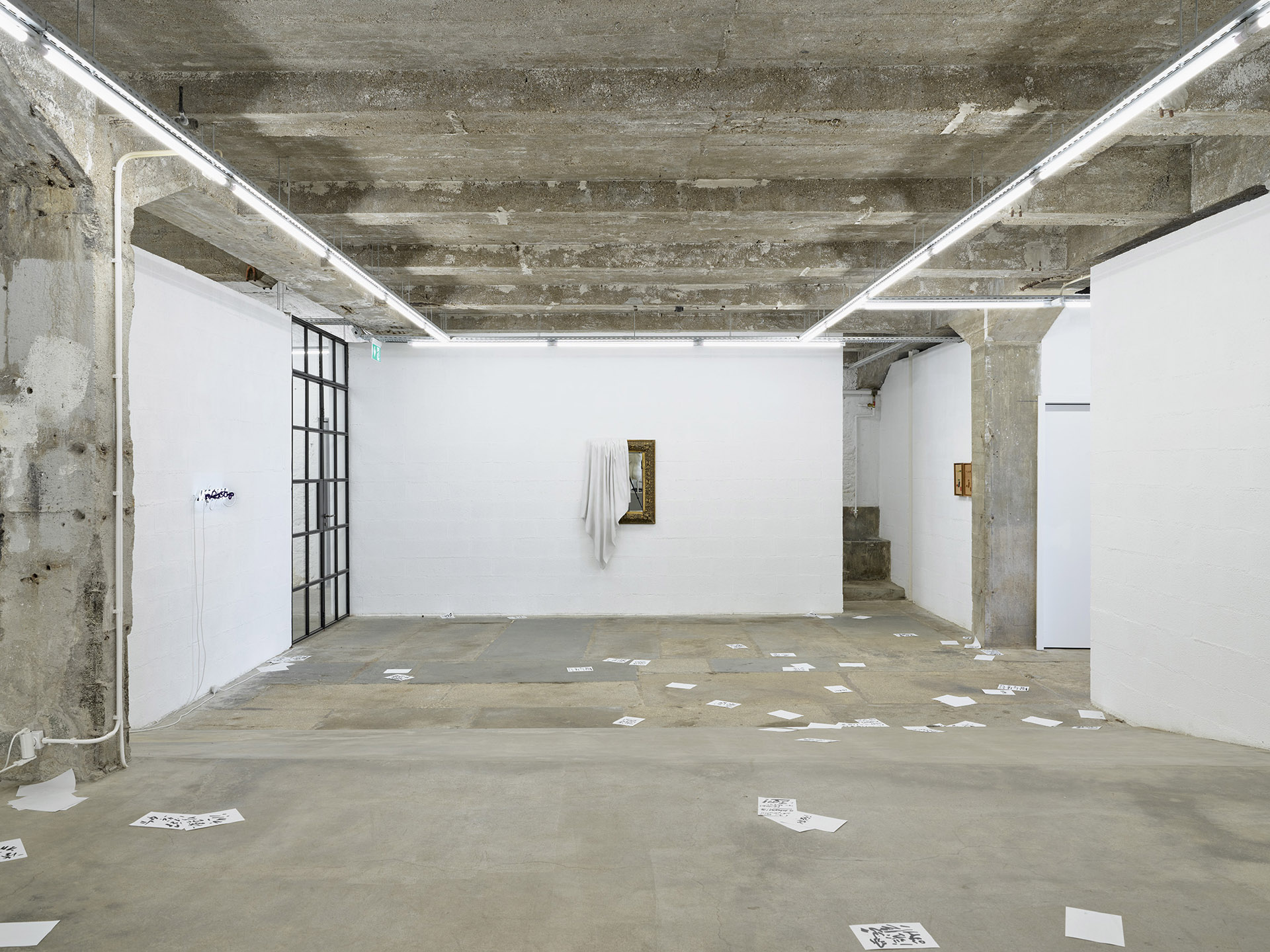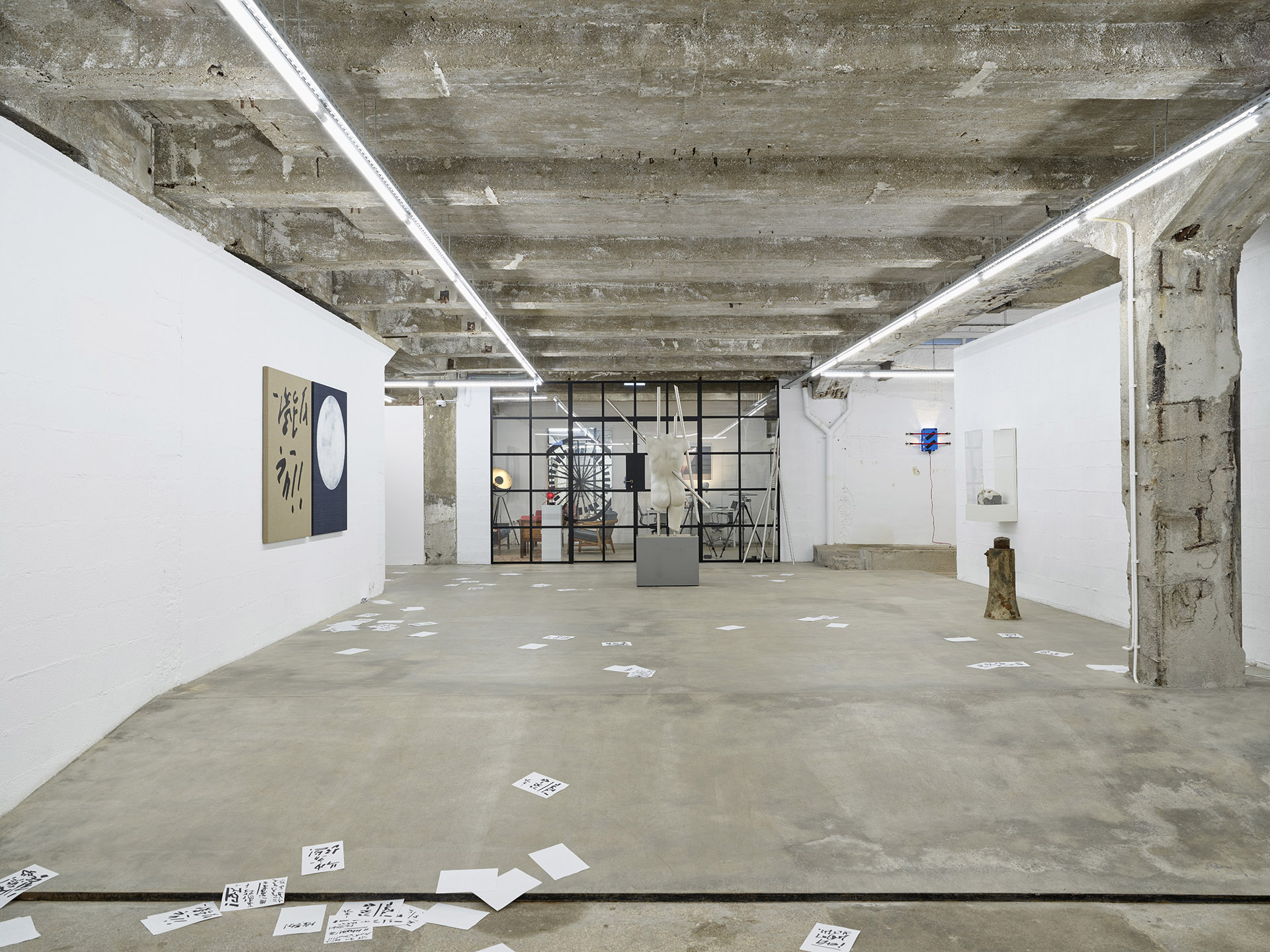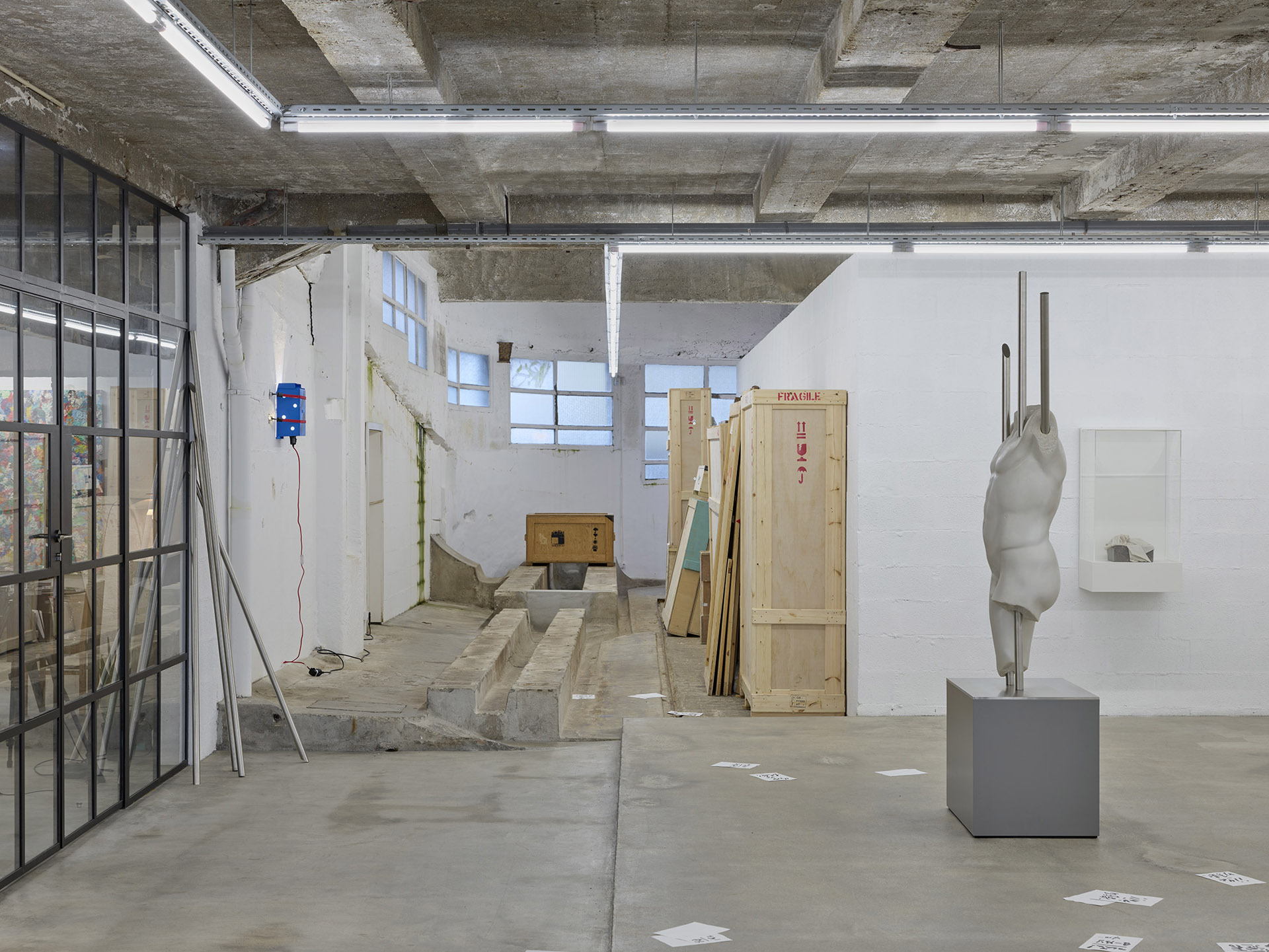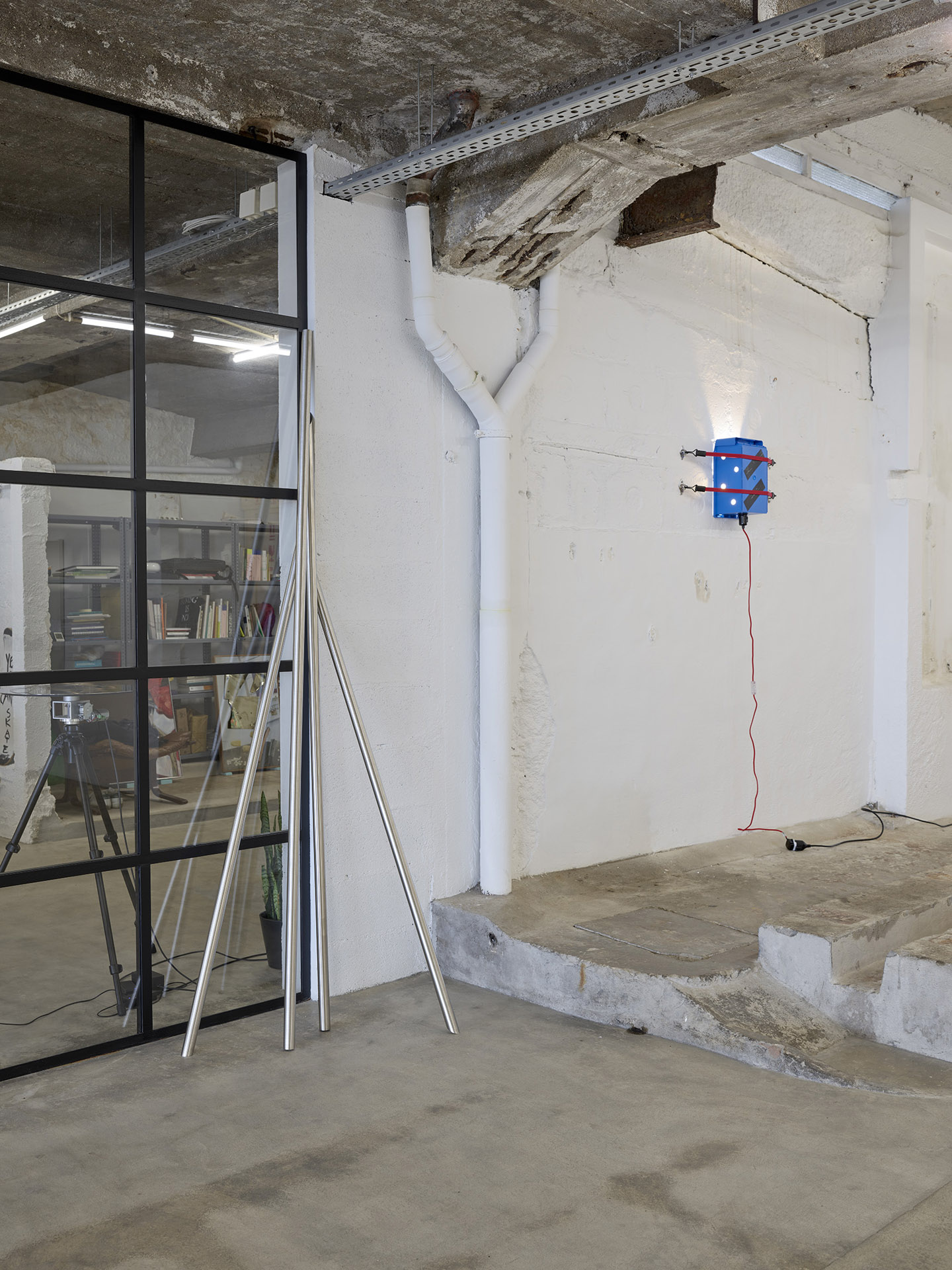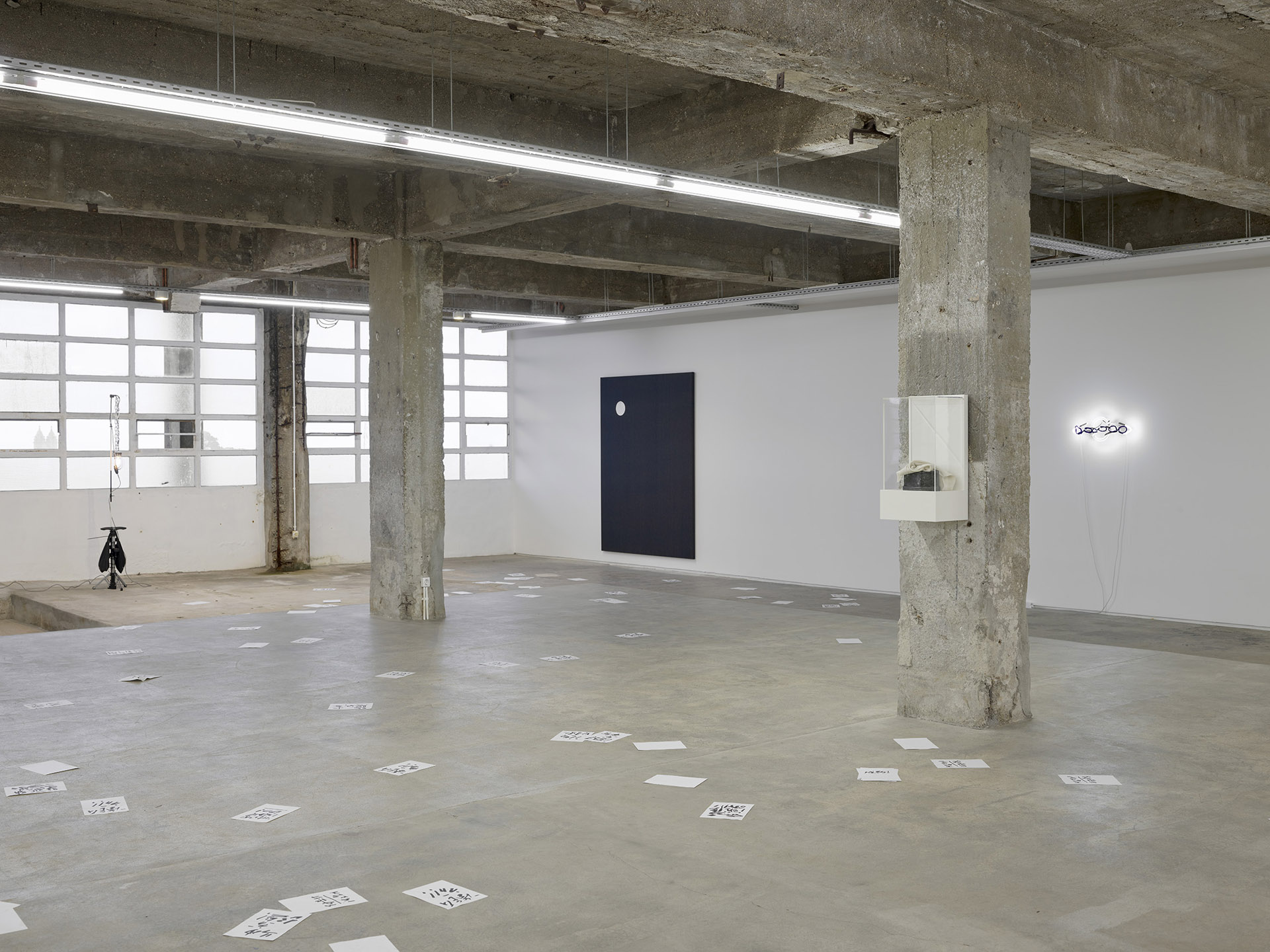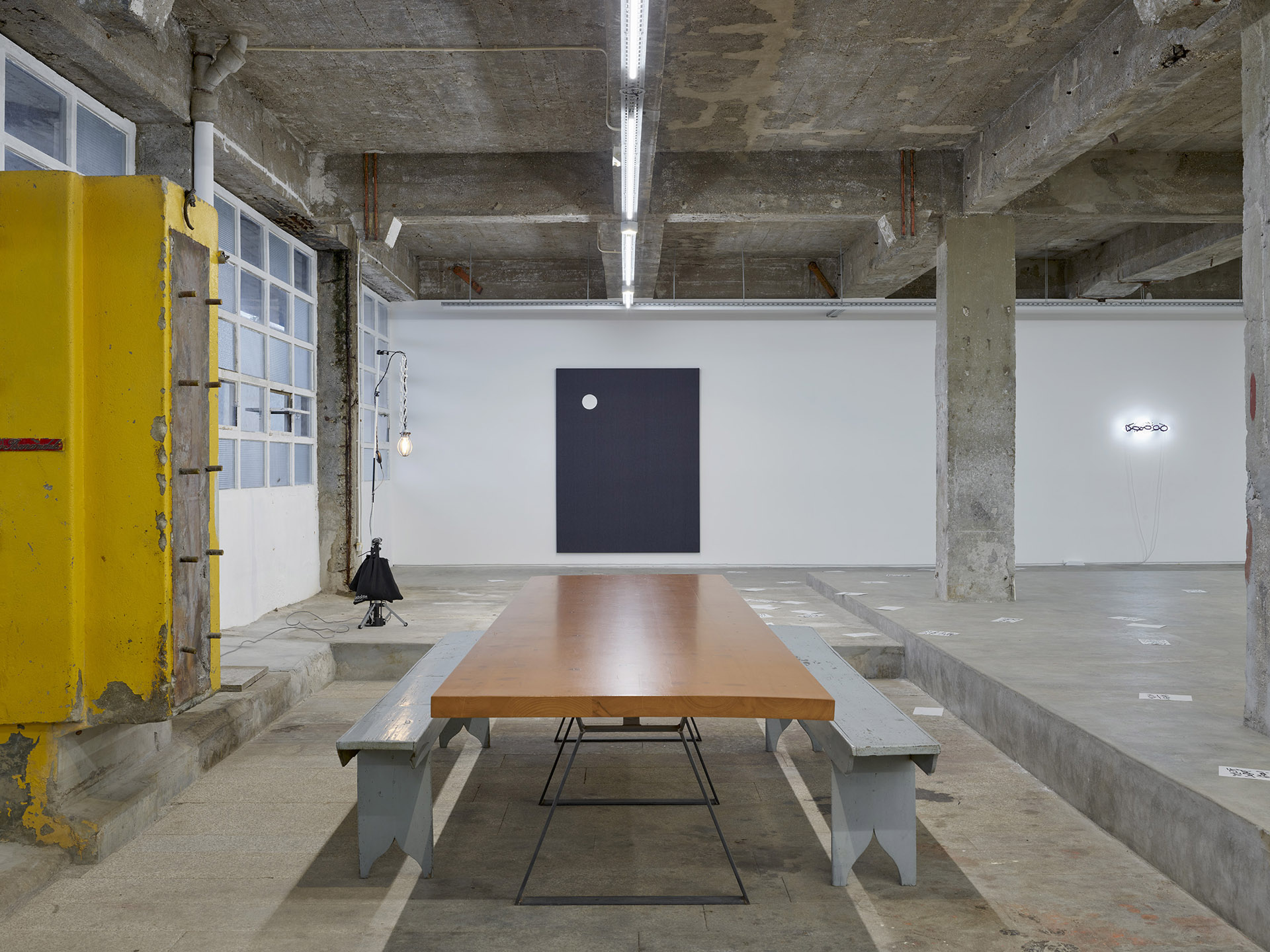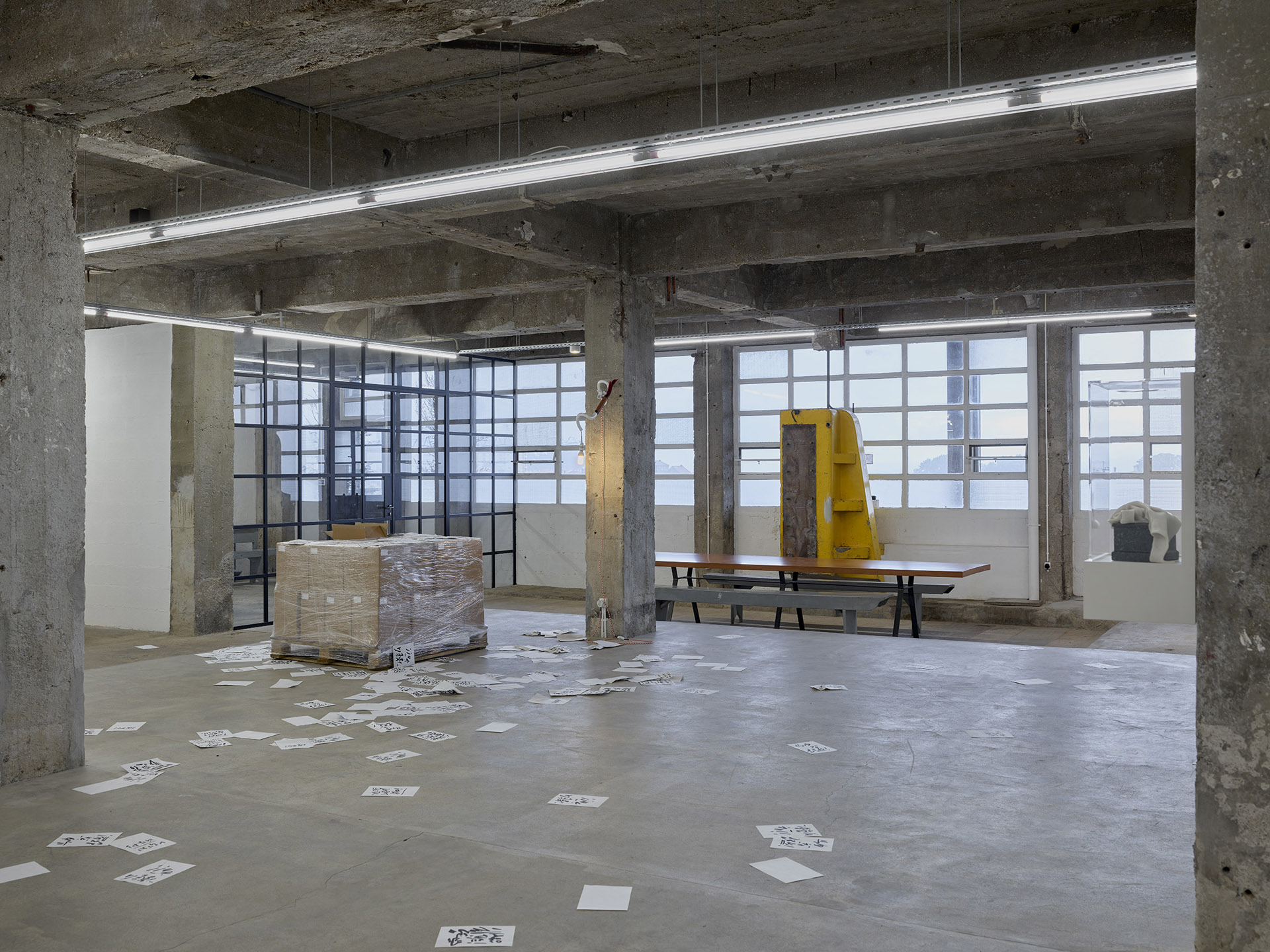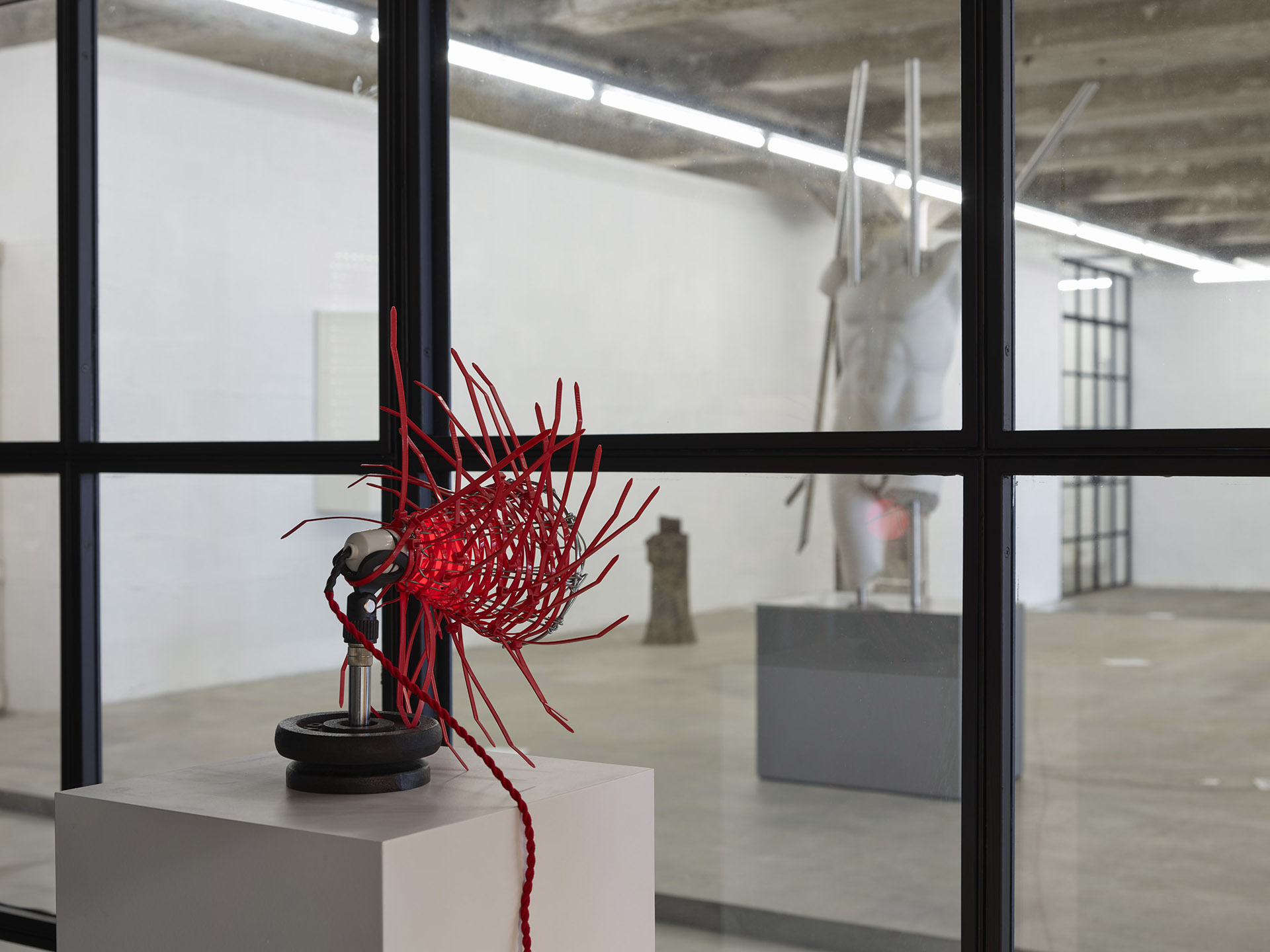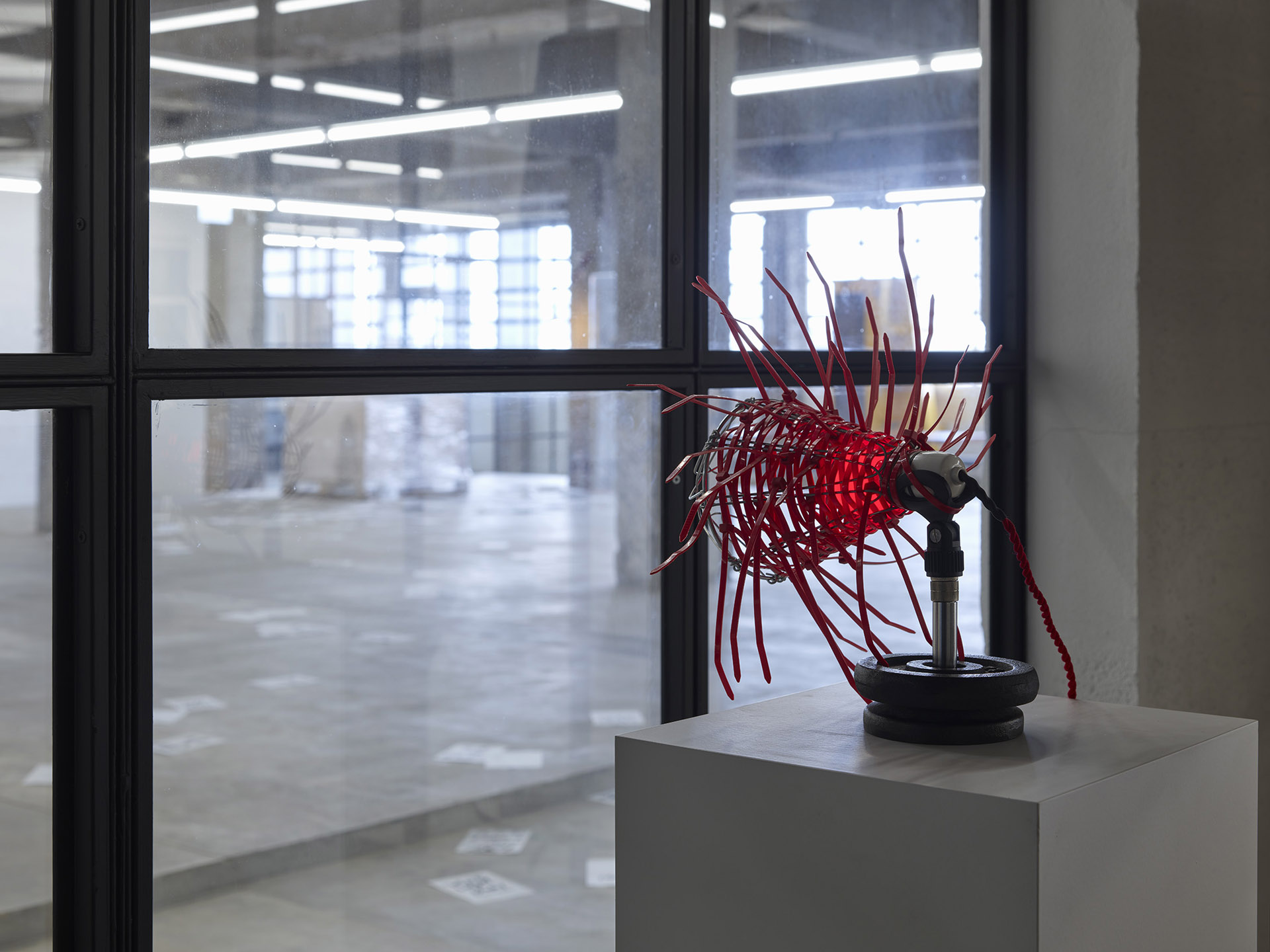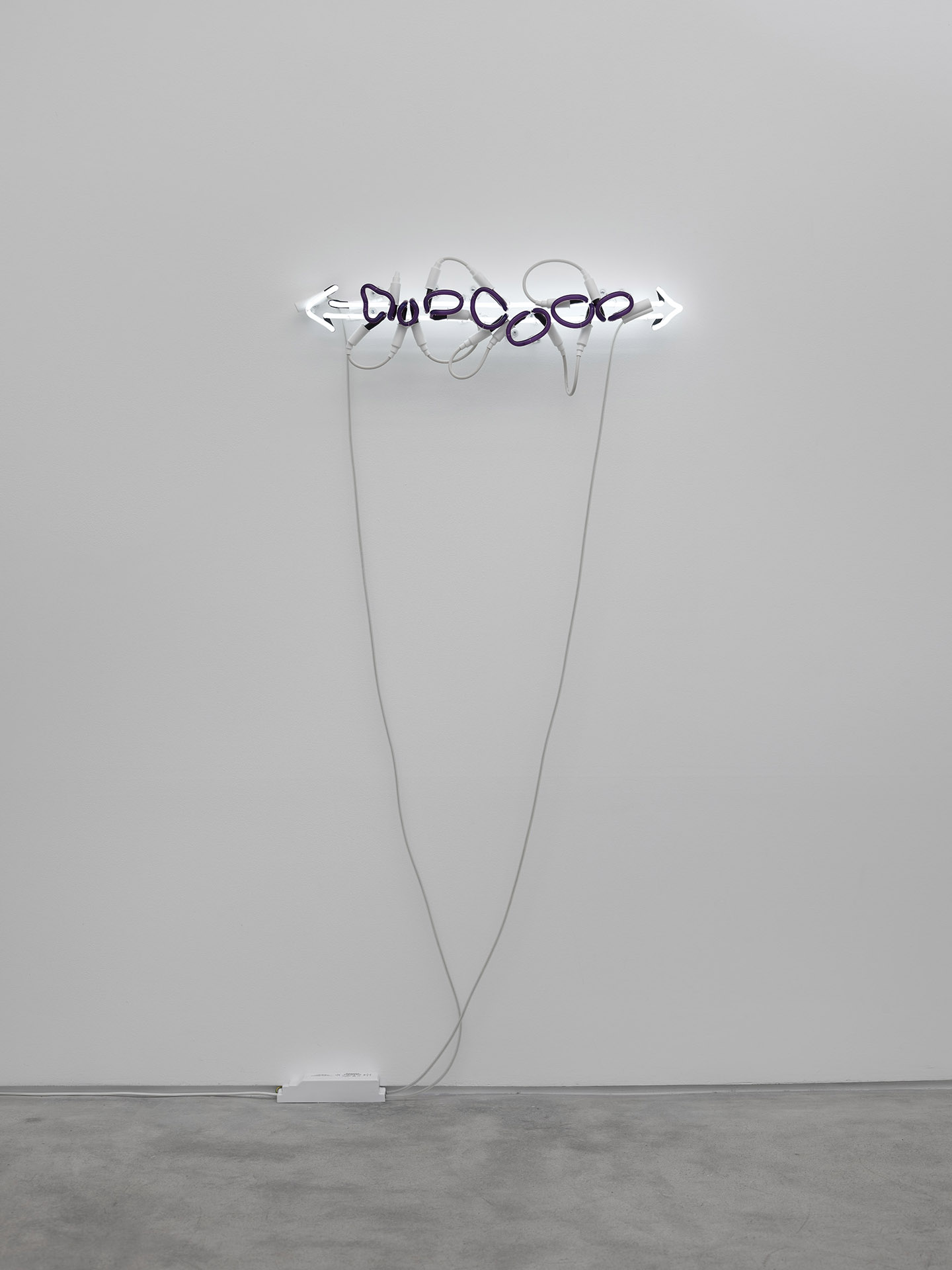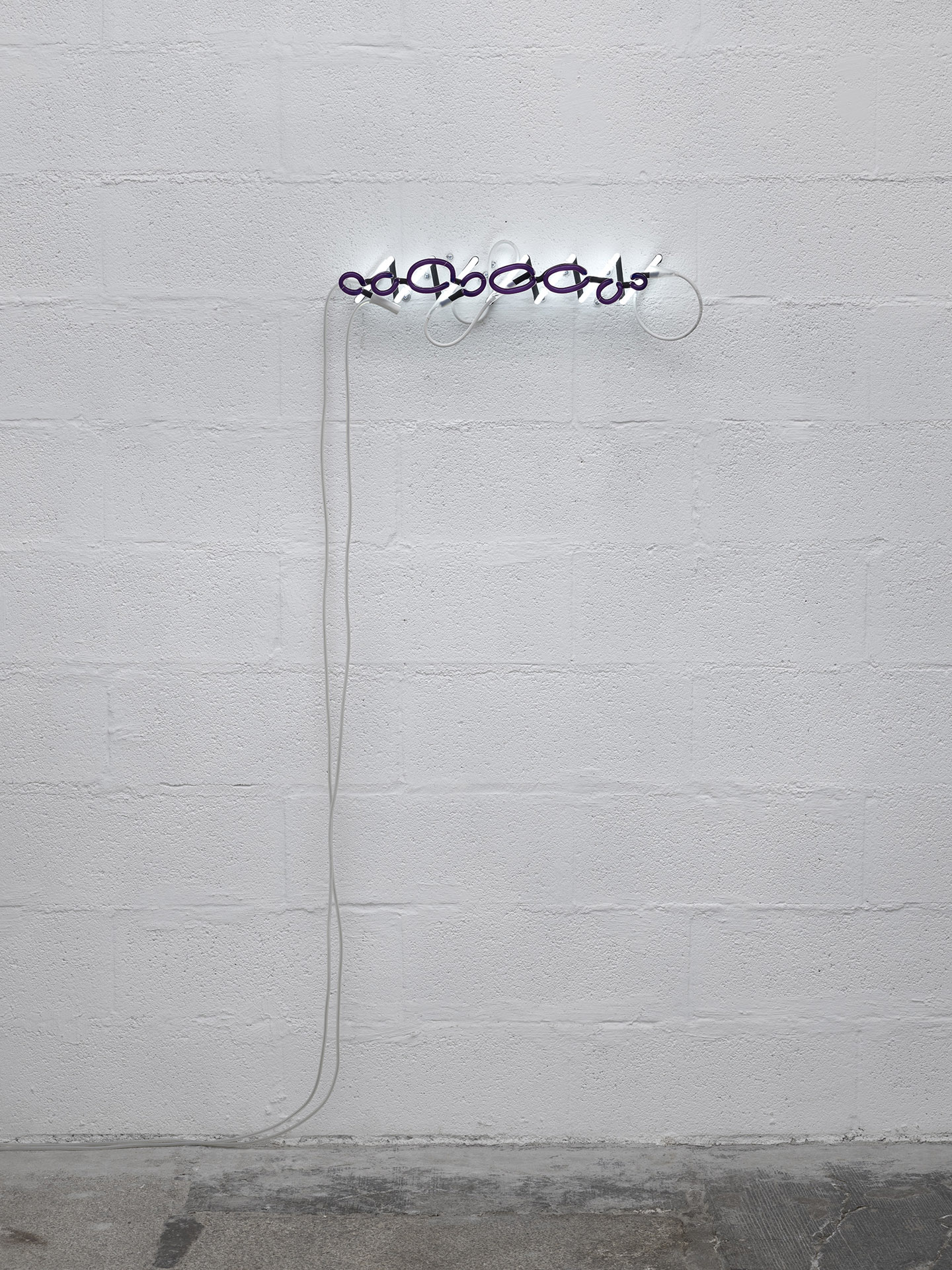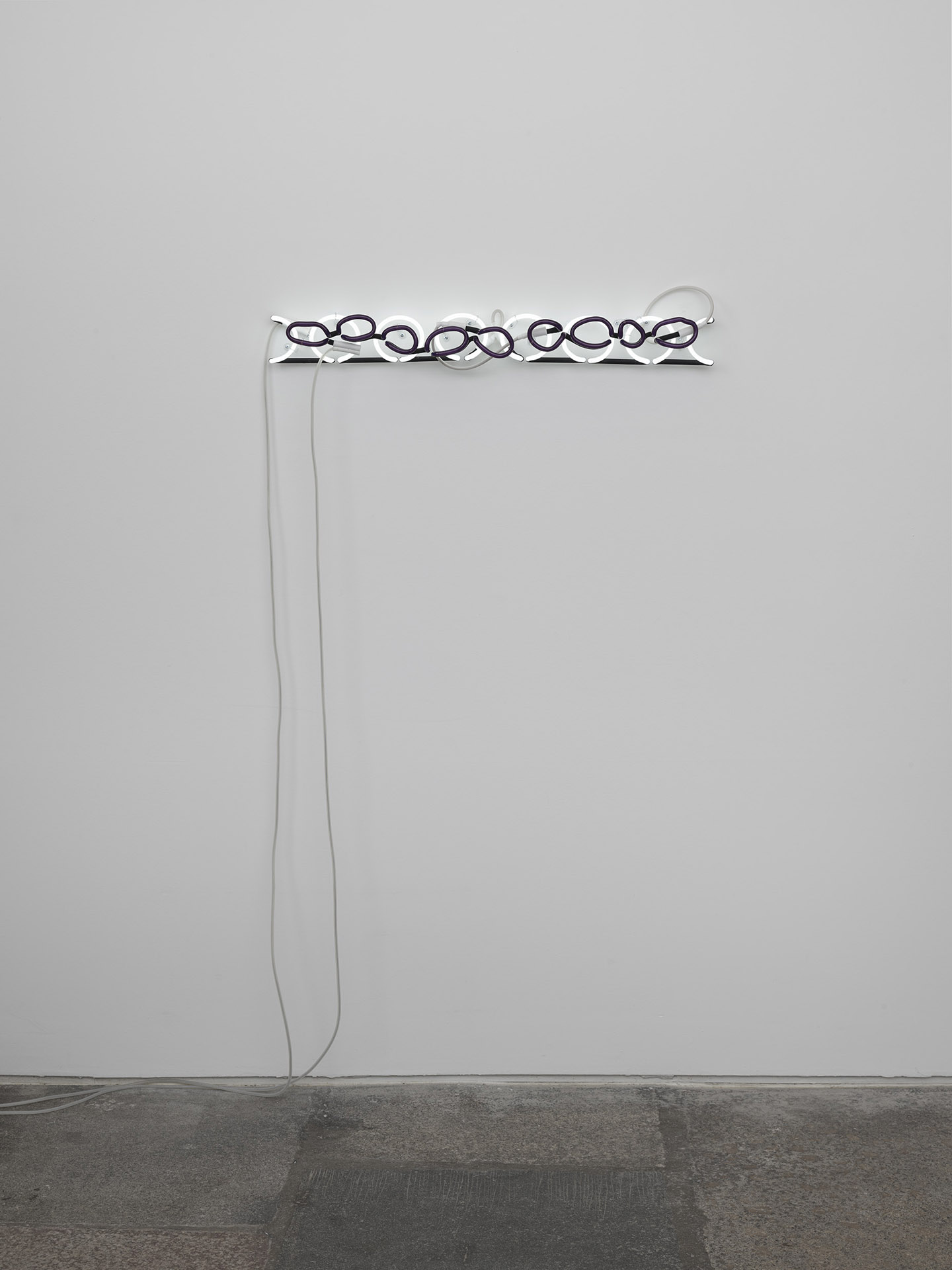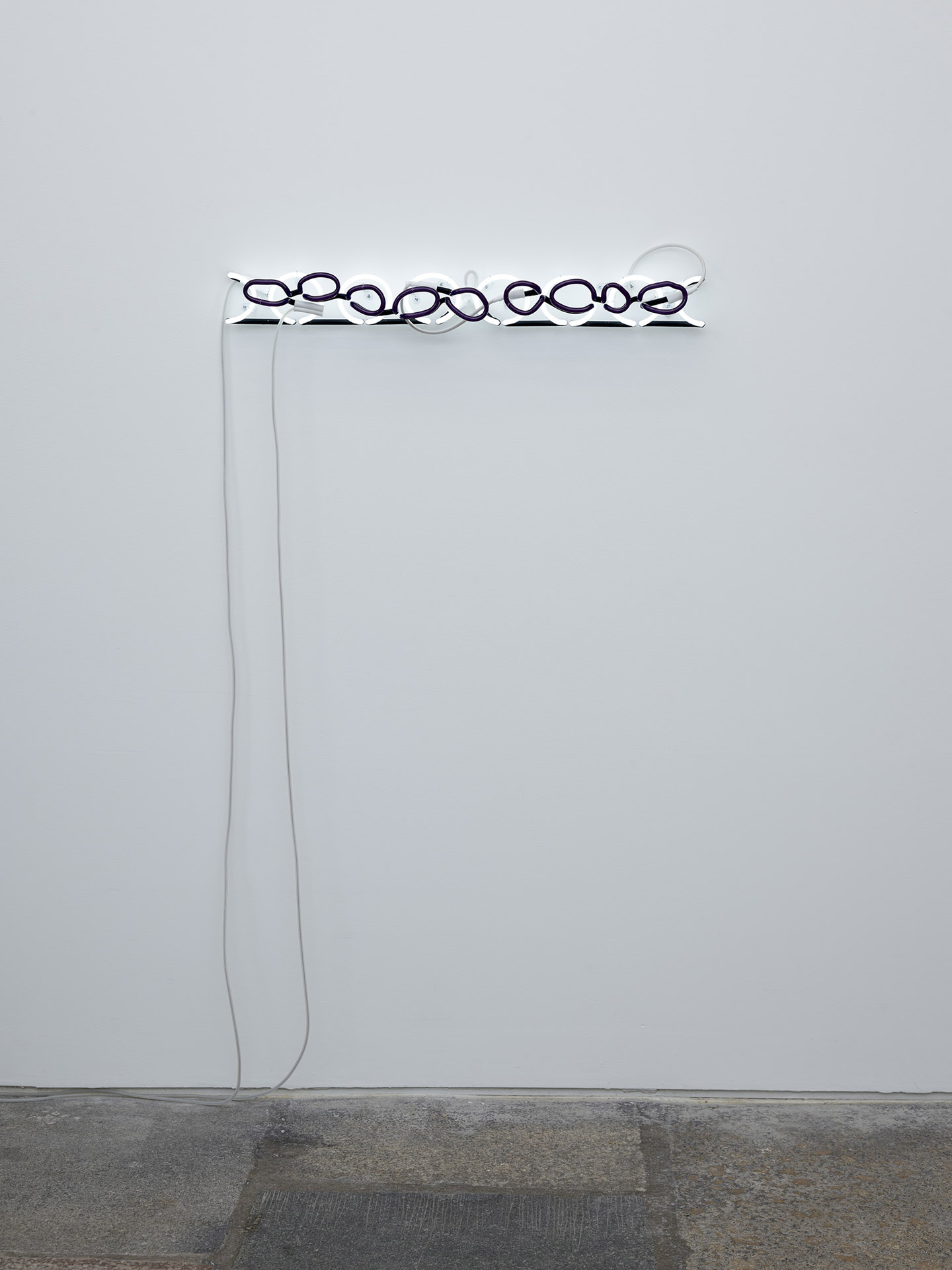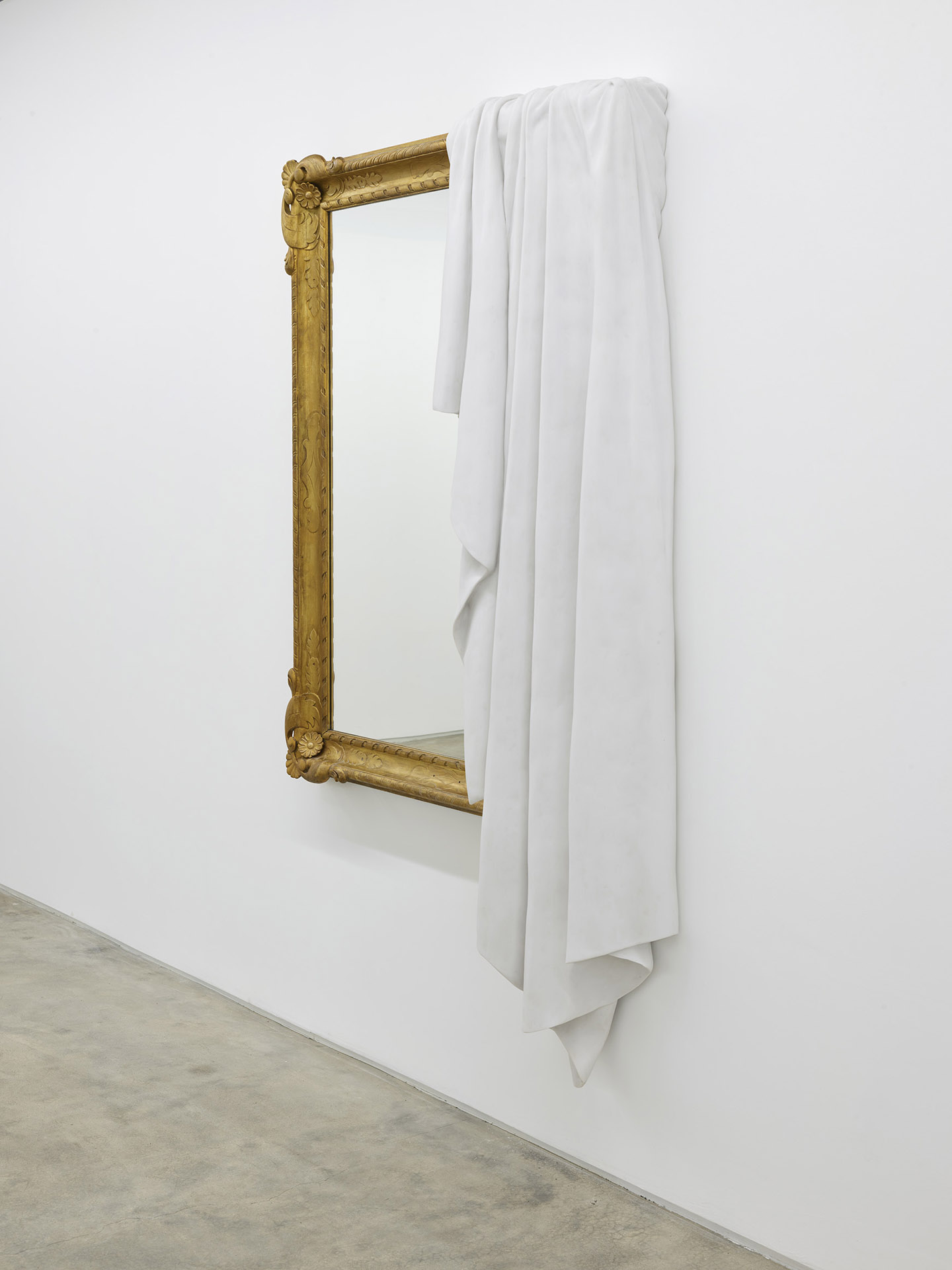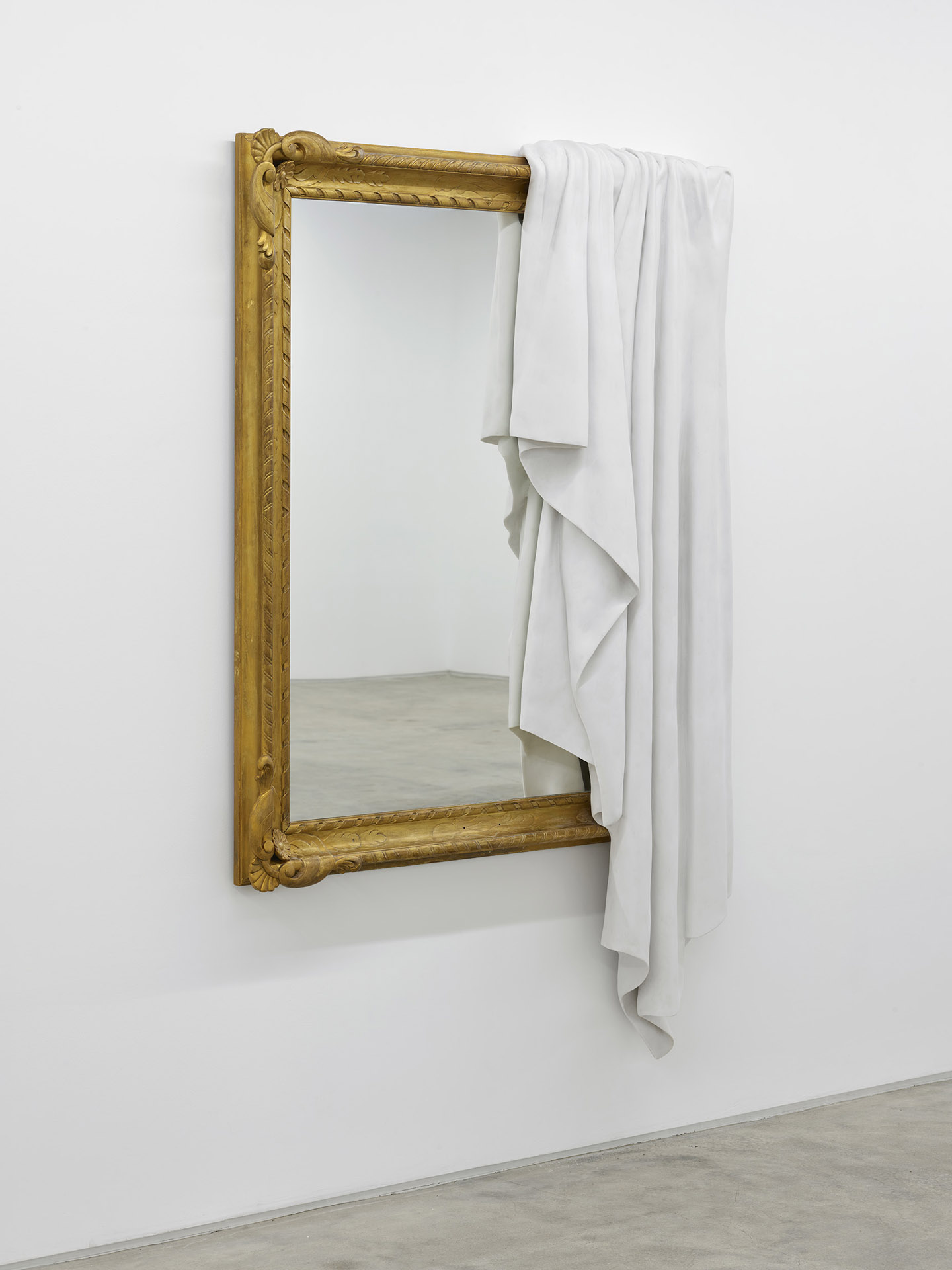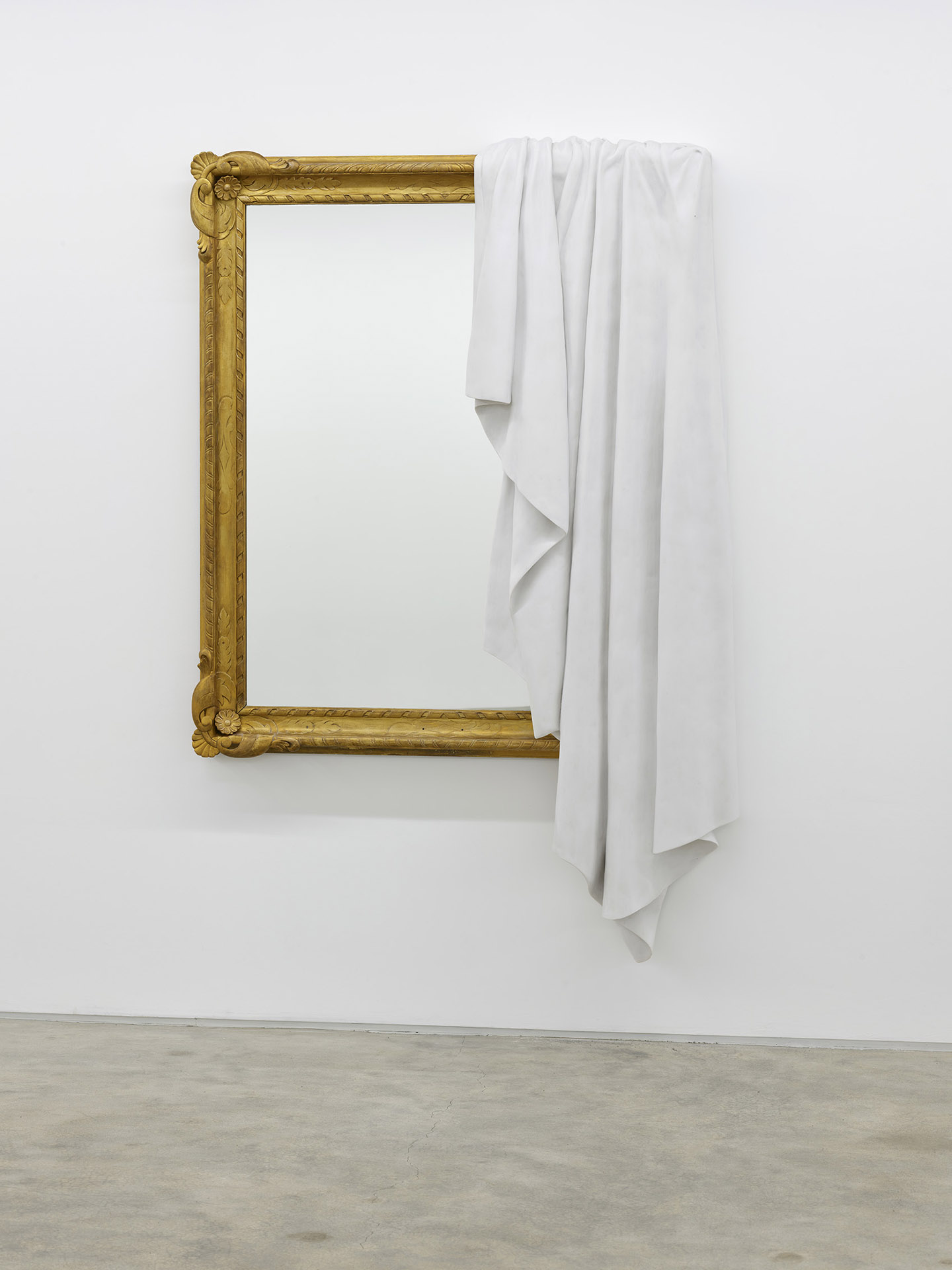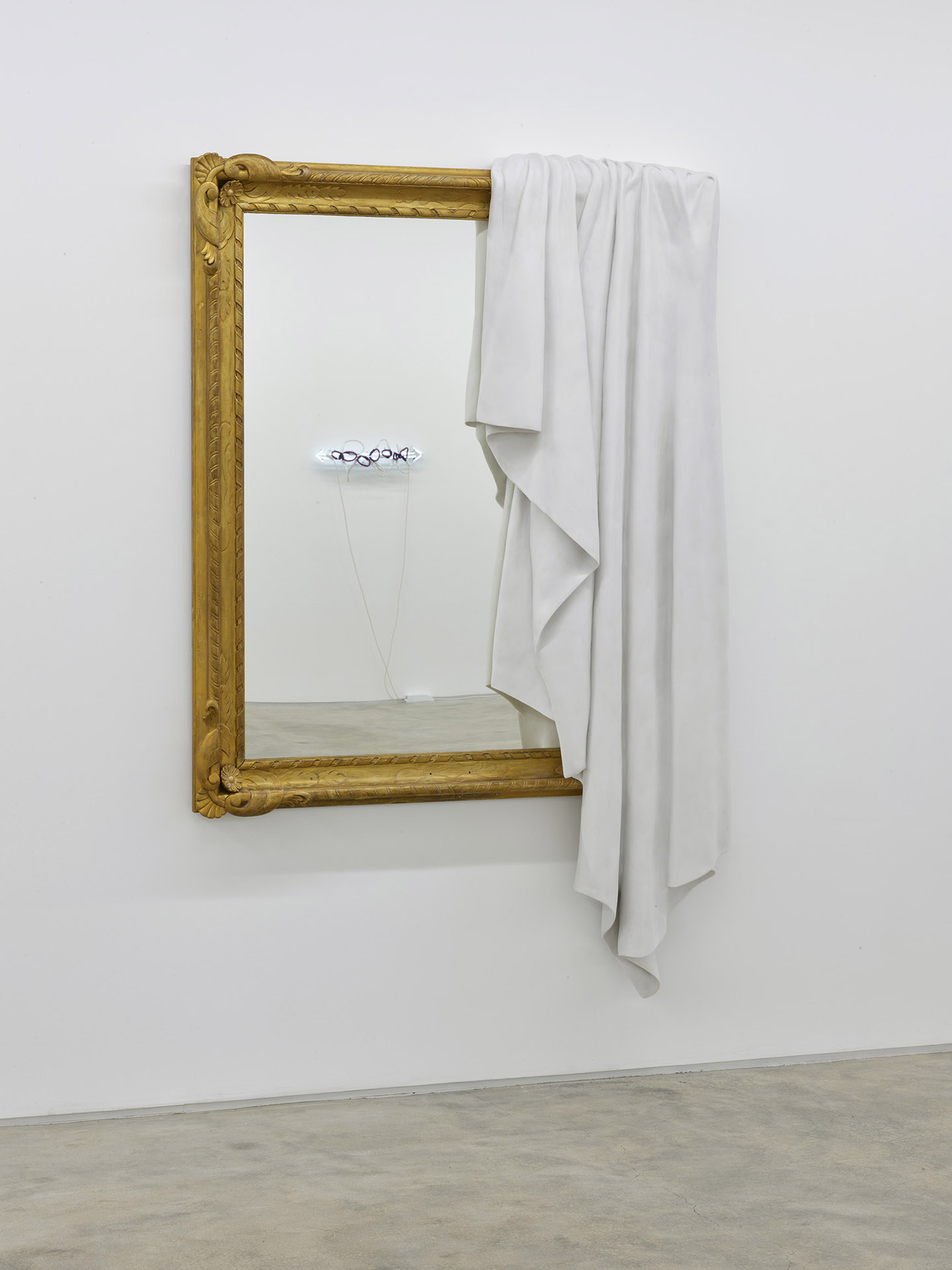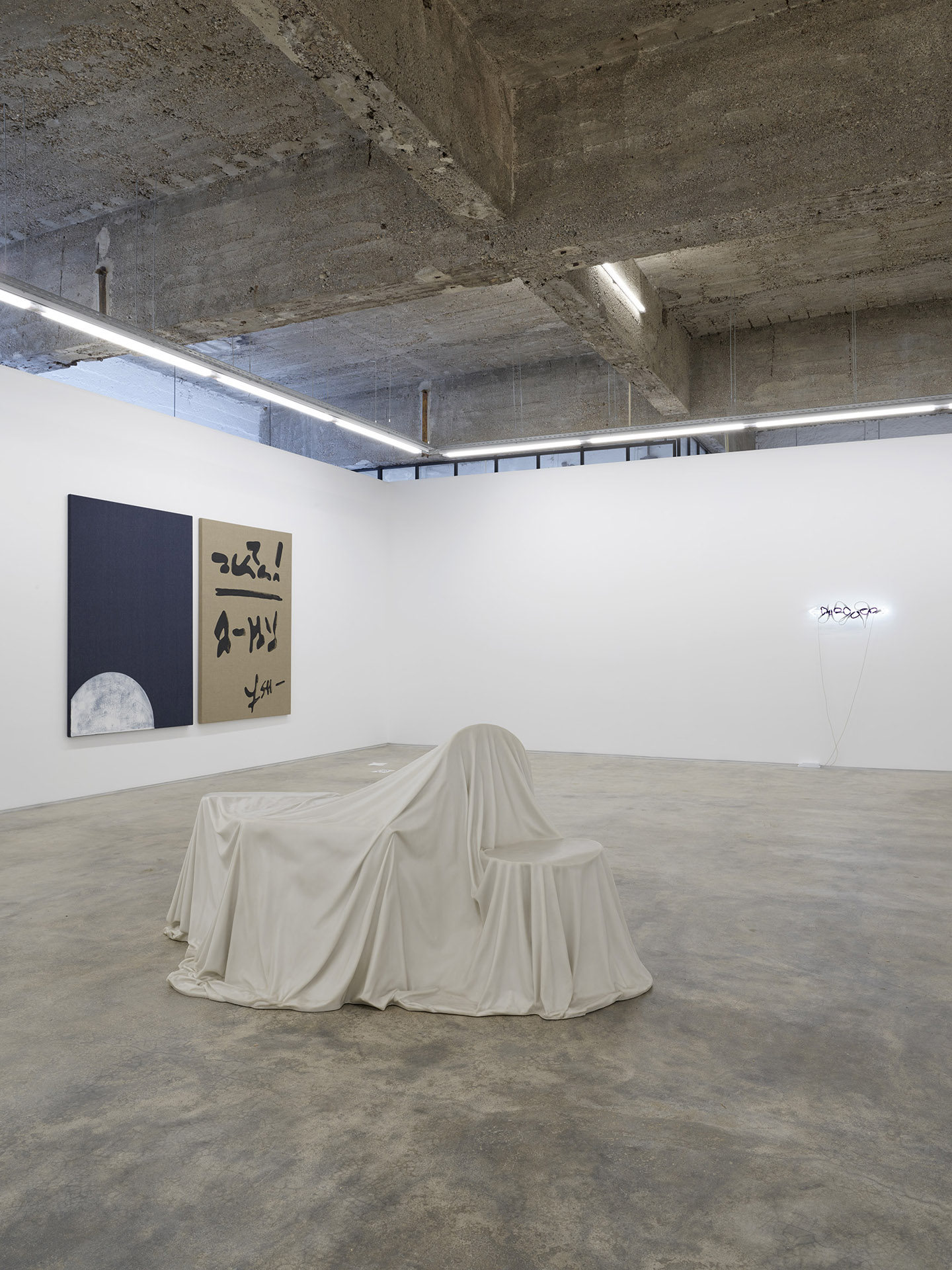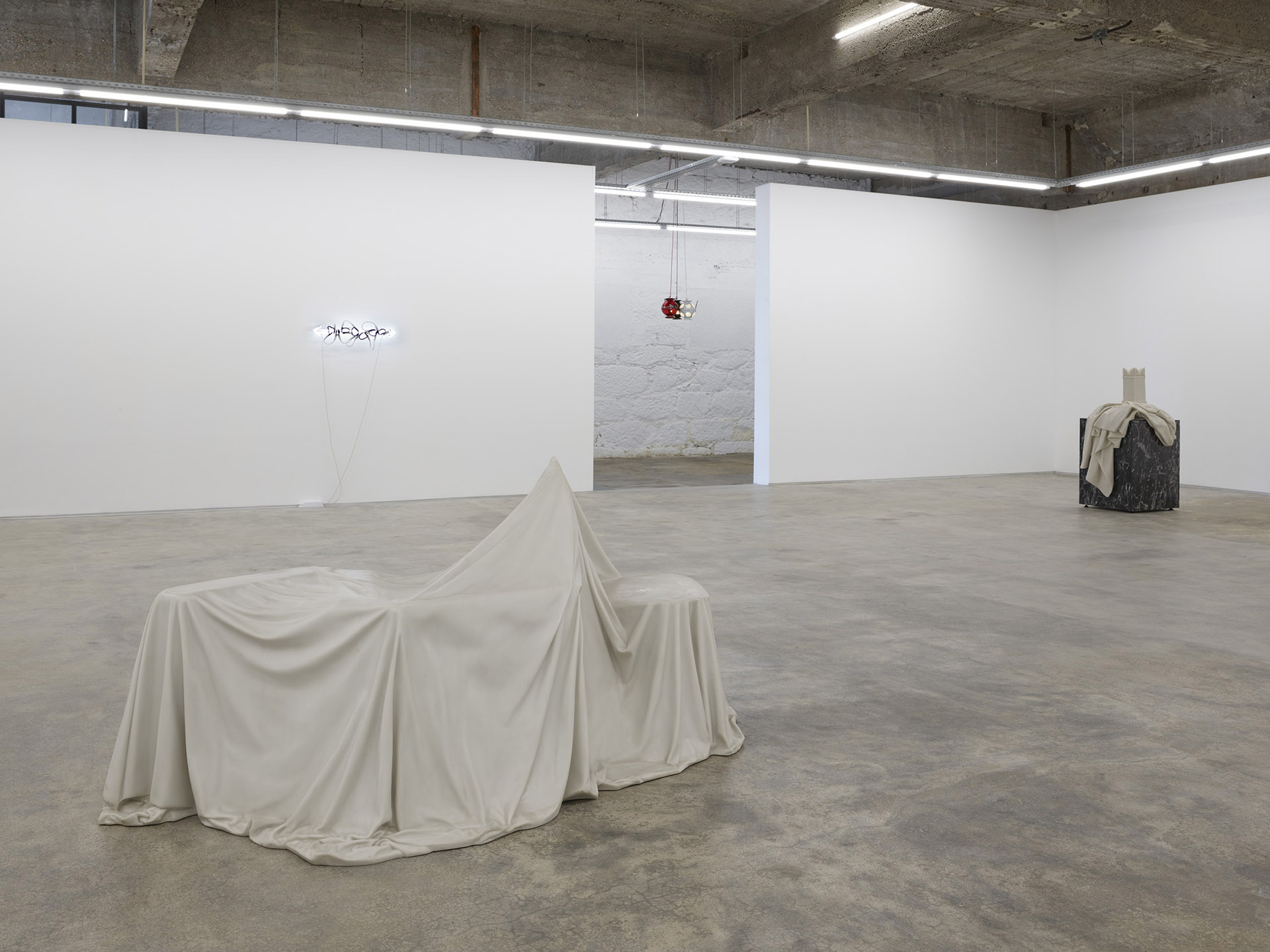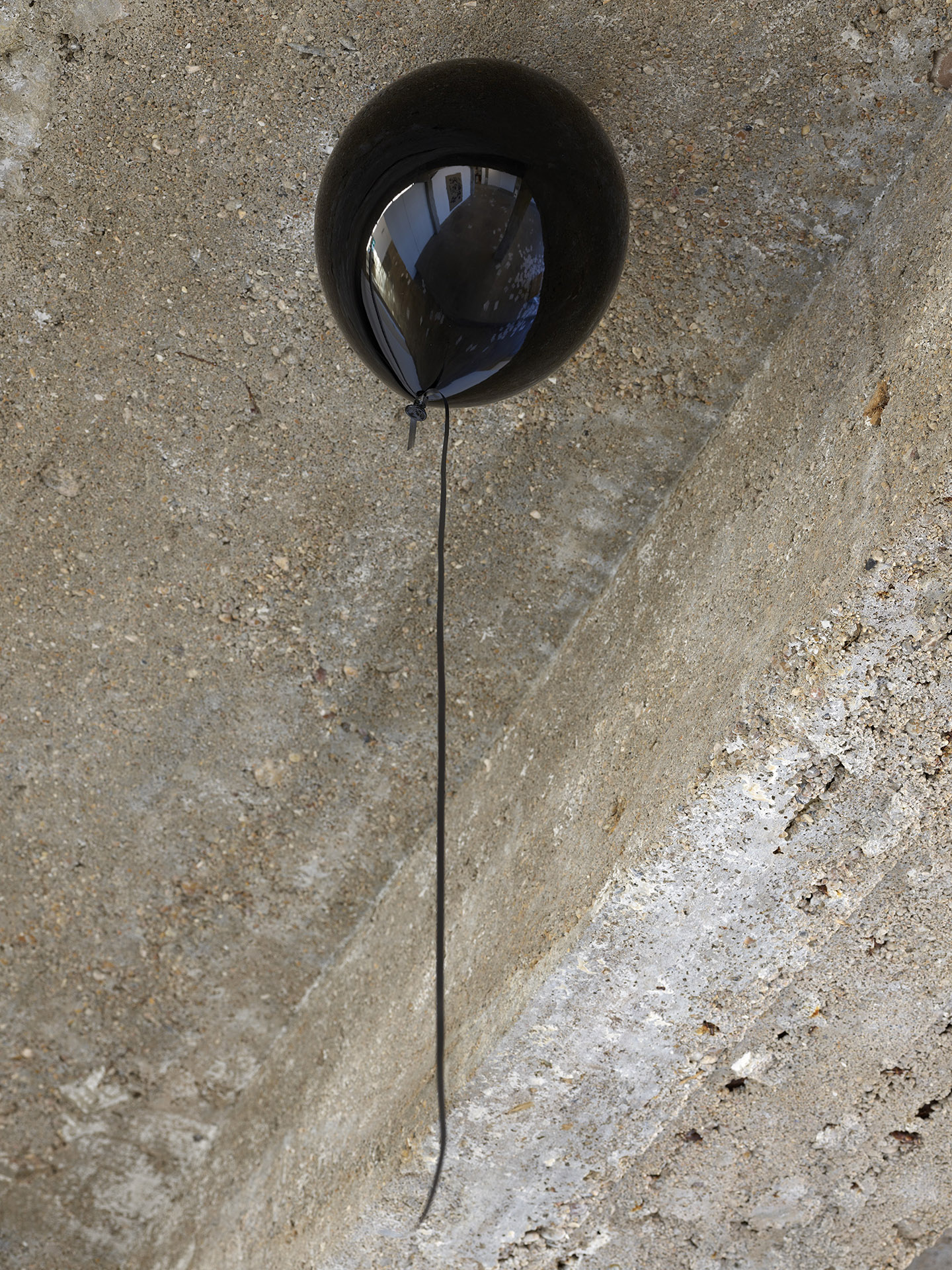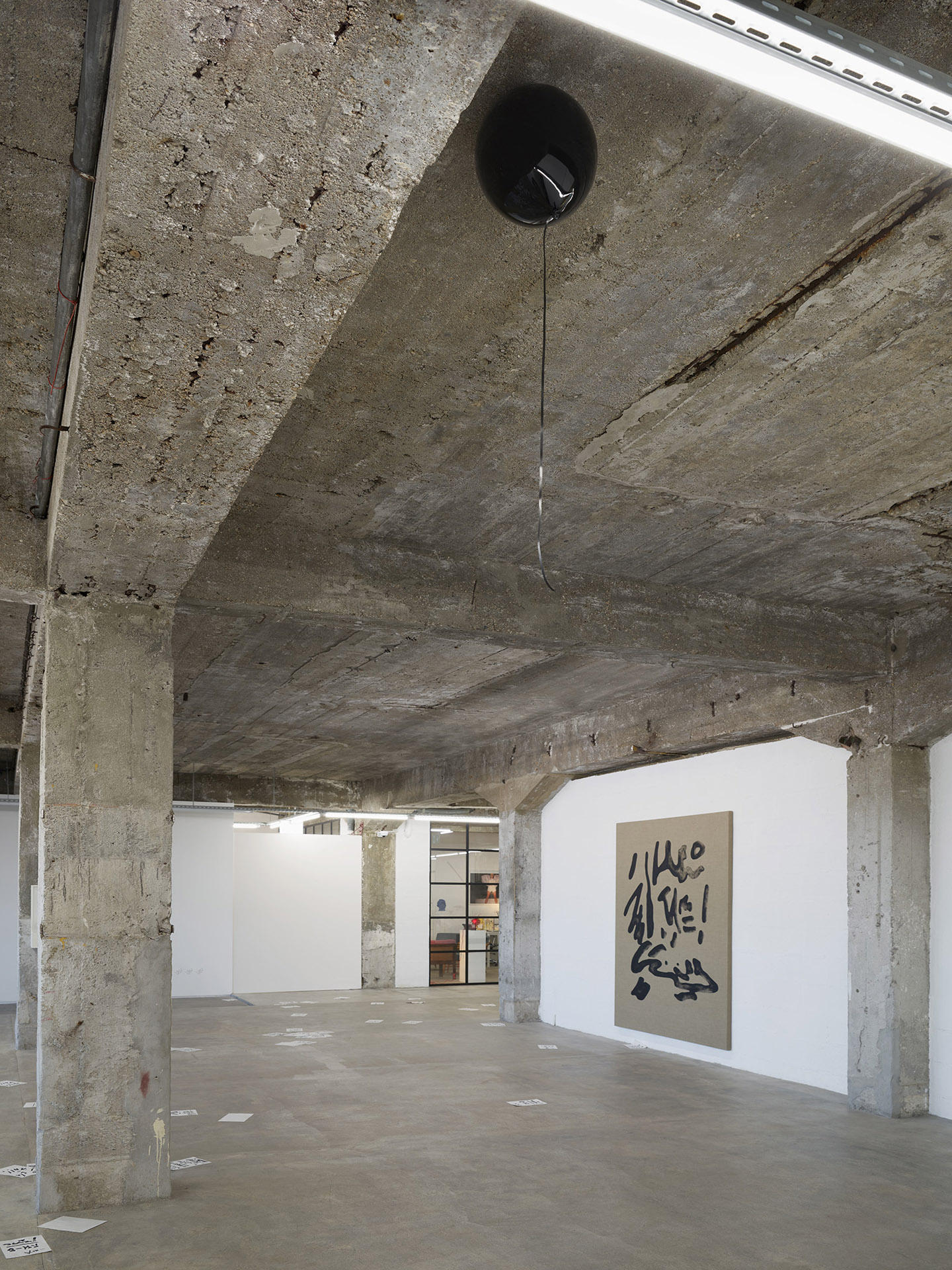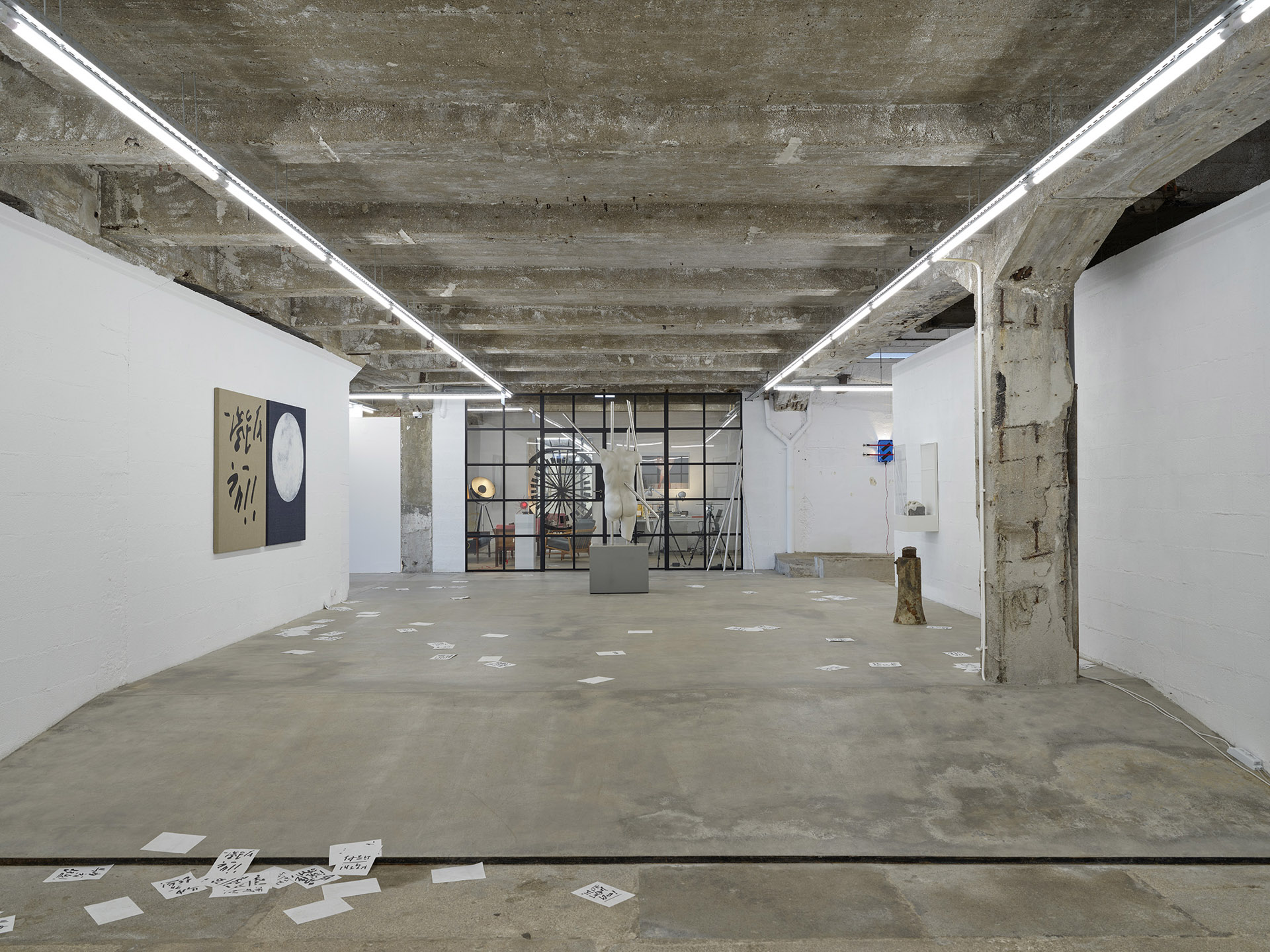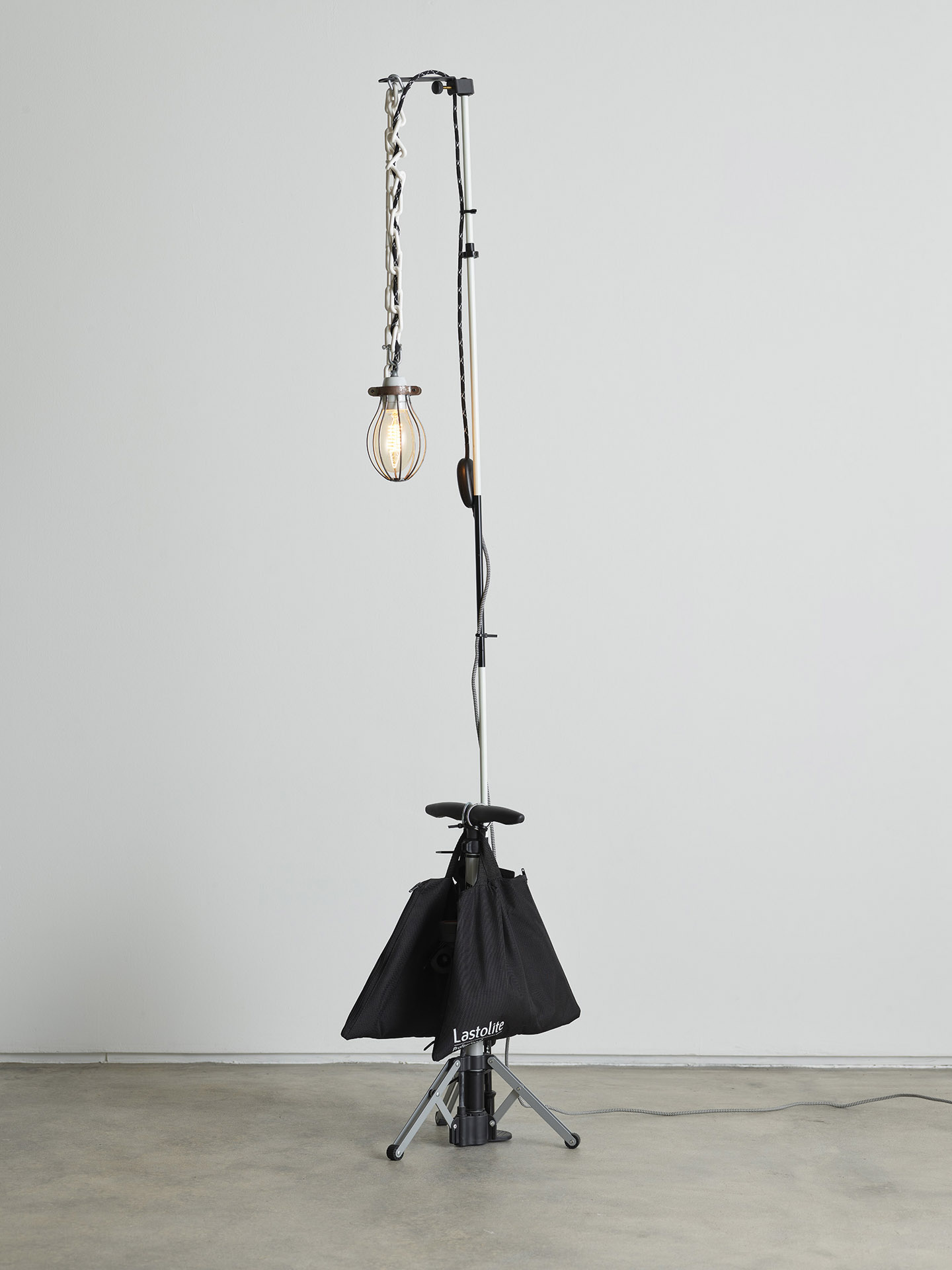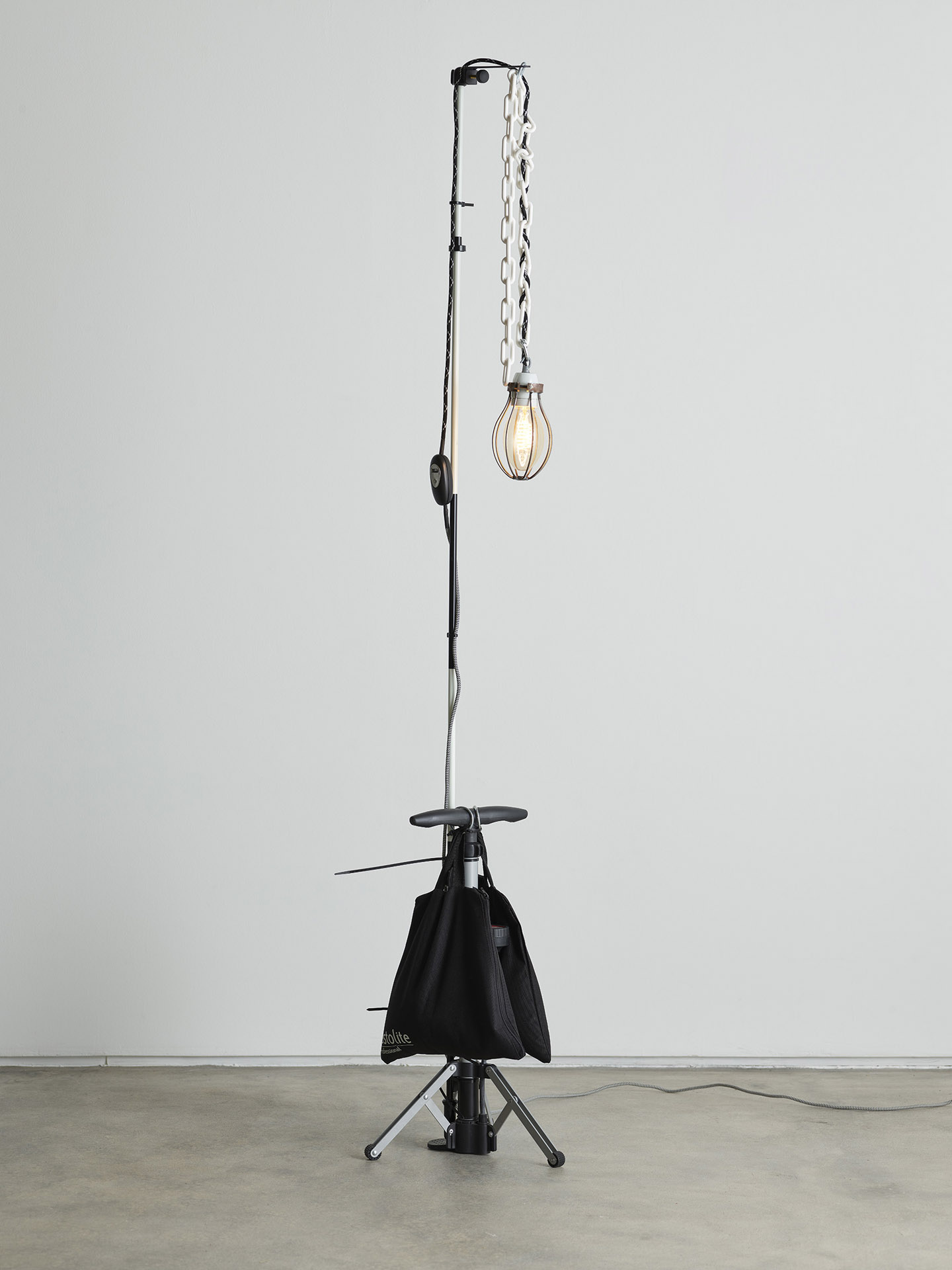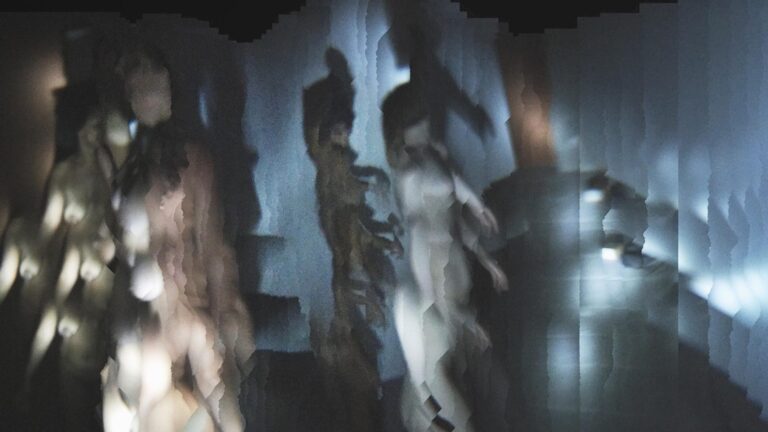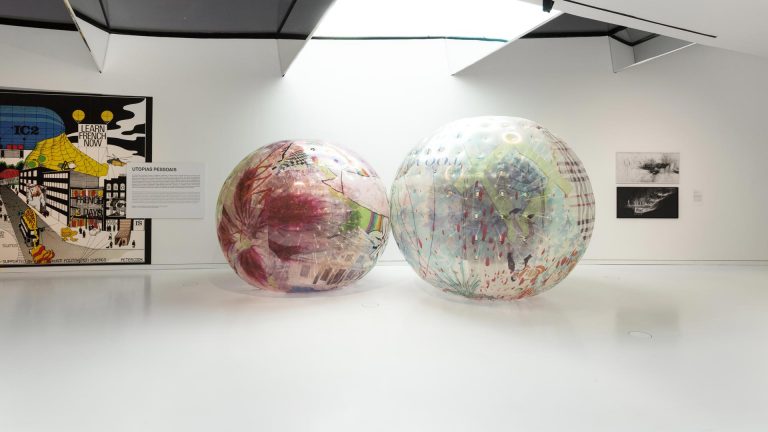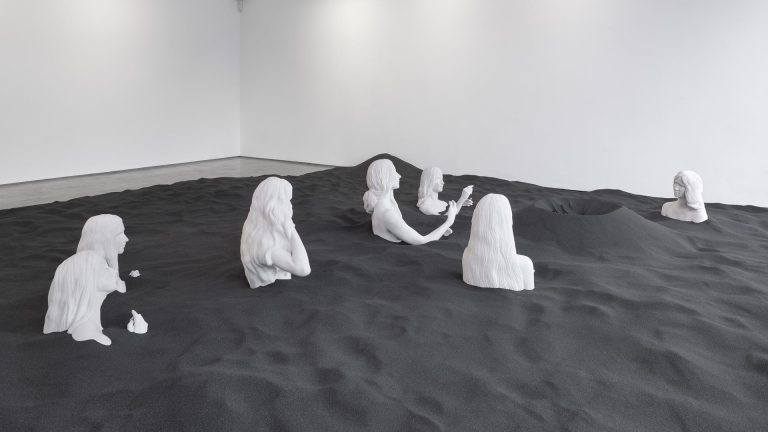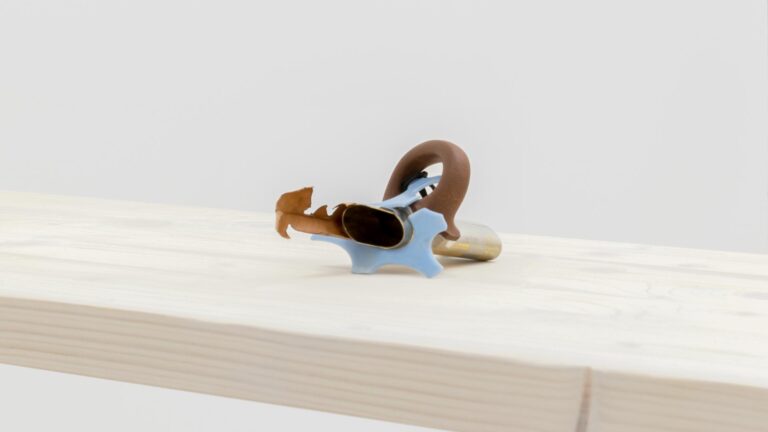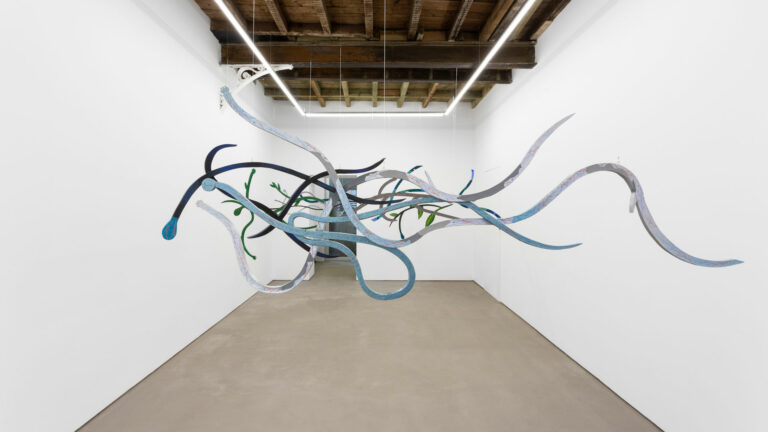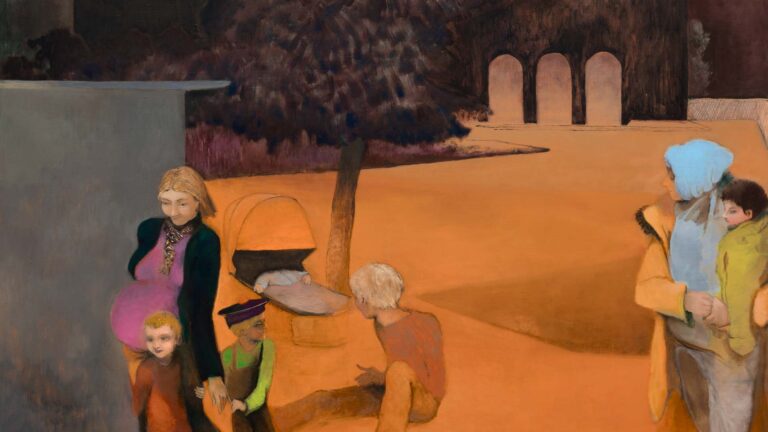Artist: Ryan Gander
Exhibition title: Other People Place
Curated by: Adam Carr
Venue: Nuno Centeno, Porto, Portugal
Date: June 18 – September 11, 2021
Photography: all images copyright and courtesy of the artist and Nuno Centeno, Porto
Nuno Centeno is pleased to present Other People Place an exhibition by Ryan Gander, curated by Adam Carr, that brings together work by the artist that spans his twenty-year career.
Carr has envisaged a curatorial concept which places particular emphasis on the involvement ofpeople in Gander’s work and this will be first, exclusive illumination of this aspect in the artists’ extensive solo career. This focus gathers additional context in the present, at a time where human relations worldwide are being addressed, revaluated and questioned, and potentially renewed.
Gander has become internationally renowned for his prolific output that moves ceaselessly between a multitude of artforms including sculpture, painting, drawing, installation, performance and graphic design. The unrestricted approach of Gander’s practice is mirrored by the open, layered and often fractured thematic nature of his work, which posits questions of language and knowledge, as well as the act of artmaking itself. Many of the artists’ works are infused with narratives that are seemingly belied by his works’ visual appearance. He places down clues that invite viewers to unravel, decipher and ultimately form their own connections to what can be seen and what is eluded to, enticing how our cognition, perception and understanding takes place.
Mapping out the collaborative and communicative nature of work made by Gander over the years, Other People Place draws out humanistic relations and places fundamental questions into the foreground regarding our lived experience. The exhibition includes works that have people as their subject, moving between forms of representation that are clear and abstract. Artists and artisans are featured within the exhibition, as well as the artists’ family and when the artist himself is represented it is through the lens of somebody else. In a number of previously unseen works, forms of communication and language are present, suggesting newly found ways of interacting, yet grounded in current societal forms of protest.
The net of relations that exist among people both in and in-between the works presented in the exhibition – including you, the viewer – also strike up another conversation when they turn to the gallery itself, pointing to its location and history. Many works are the result of conversations with and the use of artisans and fabricators. Occupying an historic building in Porto, the gallery was a former workplace for stonemasons who were once active in the building and continue to operate elsewhere in the city.


